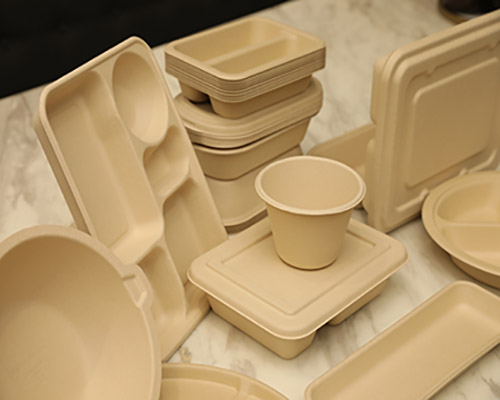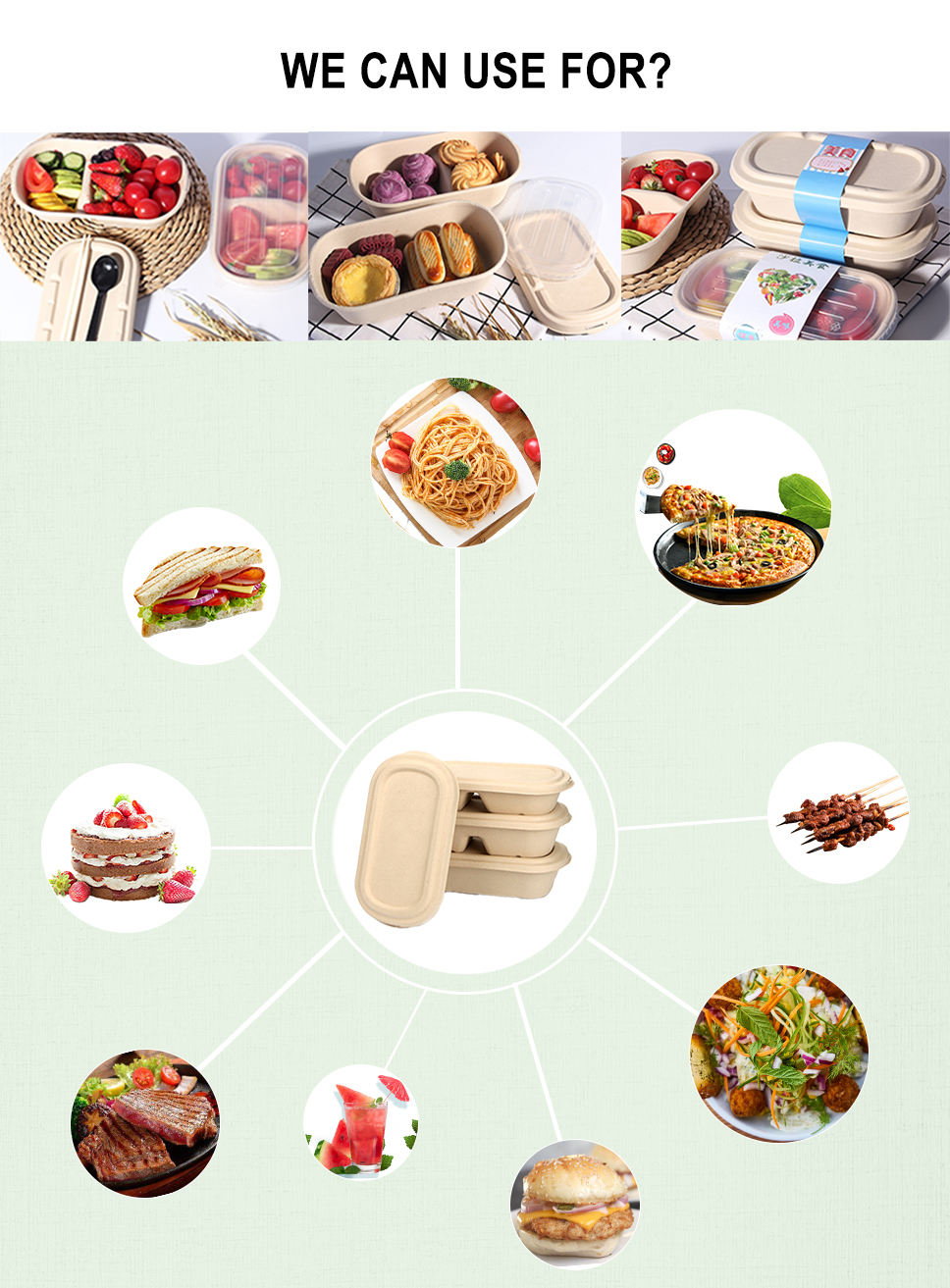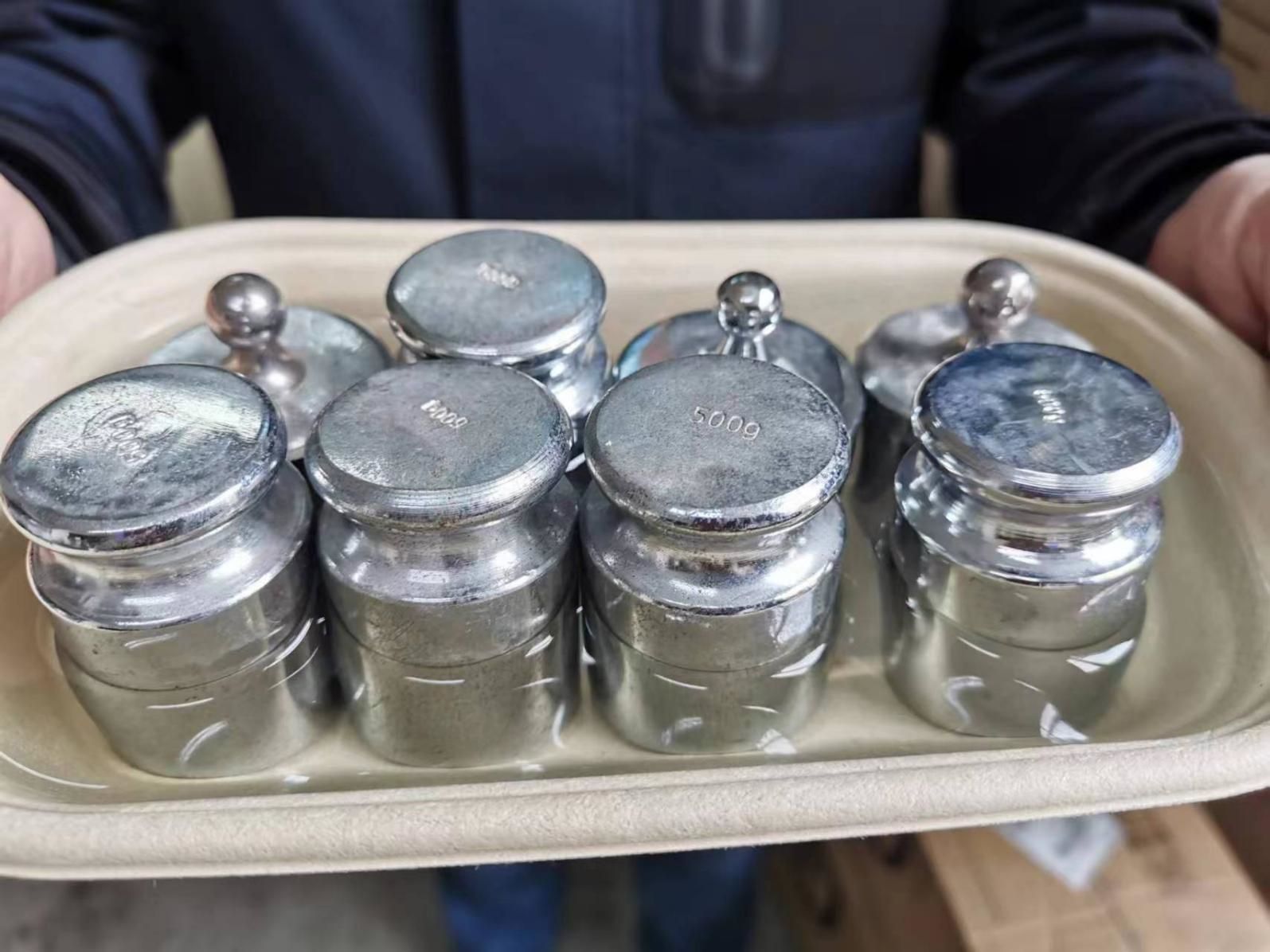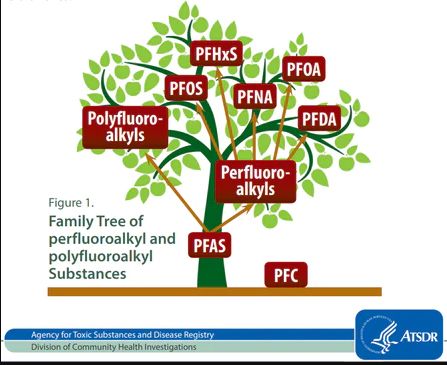What is the difference between Industrial Composting and Home Composting?
Composting is the process of turning organic waste into nutrient-rich soil that can be used in gardens or agriculture. Composting is an excellent way to reduce waste, save money, and create a sustainable future. It is also getting popular because people are now making green choices to replace single-use plastics. Single-use plastics are the primary reason for plastic pollution because they are not biodegradable or compostable. On the contrary, bamboo fiber food containers and other eco-friendly products are compostable, meaning they do not contribute to pollution at all, rather they get back to nature and help plants grow. There are two main types of composting: industrial composting and home composting. In this article, we will explore the differences between these two types of composting.
Industrial Composting
Industrial composting is a large-scale composting process that is typically used by municipalities, businesses, and farms. The process involves collecting organic waste and placing it in large, outdoor composting bins or piles. These bins are designed to control temperature, moisture, and airflow to promote the growth of beneficial bacteria and fungi that break down the organic material.
The Benefits of Industrial Composting
Industrial composting has several benefits, including:
Volume: Industrial composting can handle large volumes of organic waste. Industrial composting is carried out in a facility that is dedicated and designed to hold large volumes.
Speed: The controlled conditions of industrial composting can speed up the composting process, producing compost in a matter of weeks.
Consistency: The controlled conditions also ensure that the compost is consistent in quality and nutrient content.
The Drawbacks of Industrial Composting
However, industrial composting also has several drawbacks, including:
Transportation: Organic waste needs to be transported to the composting facility, which would include transportation costs.
Accessibility: Industrial composting may not be directly accessible to individuals or households.
Cost: Industrial composting requires significant infrastructure and resources, which can make it expensive.
Home Composting
Home composting is a small-scale composting process that is typically used by individuals or households. Home composting involves collecting organic waste and placing it in a compost bin or pile in the backyard. The organic material breaks down naturally over time, with the help of beneficial bacteria and fungi.
The Benefits of Home Composting
Home composting has several benefits, including:
Convenience: Home composting is convenient, as it can be done in the backyard or on a balcony.
Cost-effective: Home composting is a cost-effective way to reduce waste and create nutrient-rich soil.
Accessibility: Home composting is accessible to individuals and households.
The Drawbacks of Home Composting
However, home composting also has several drawbacks, including:
Volume: Home composting can only handle a limited amount of organic waste.
Time: The composting process can take several months to a year, depending on the conditions.
Inconsistent Quality: The quality and nutrient content of the compost may be inconsistent due to varying conditions.
To conclude, we can say that these two different types of composting processes, namely industrial and home composting, come with their respective advantages and limitations. Industrial composting manages huge amounts of organic litter in a timely and uniform manner; however, it may pose logistical or monetary constraints for individuals which can be resolved if governments offer platforms to individuals where they could dispose of their eco-friendly products after use. Home composting is cost-effective and easily practicable but only accommodates small quantities of organic waste which might yield inferior quality compost unpredictably. Ultimately, irrespective of whether one chooses to use industrial or home-based composting strategies, either can help lessen the waste quantity and its adverse impacts on our ecosystem by promoting sustainable living.

 Box With T buckle
Box With T buckle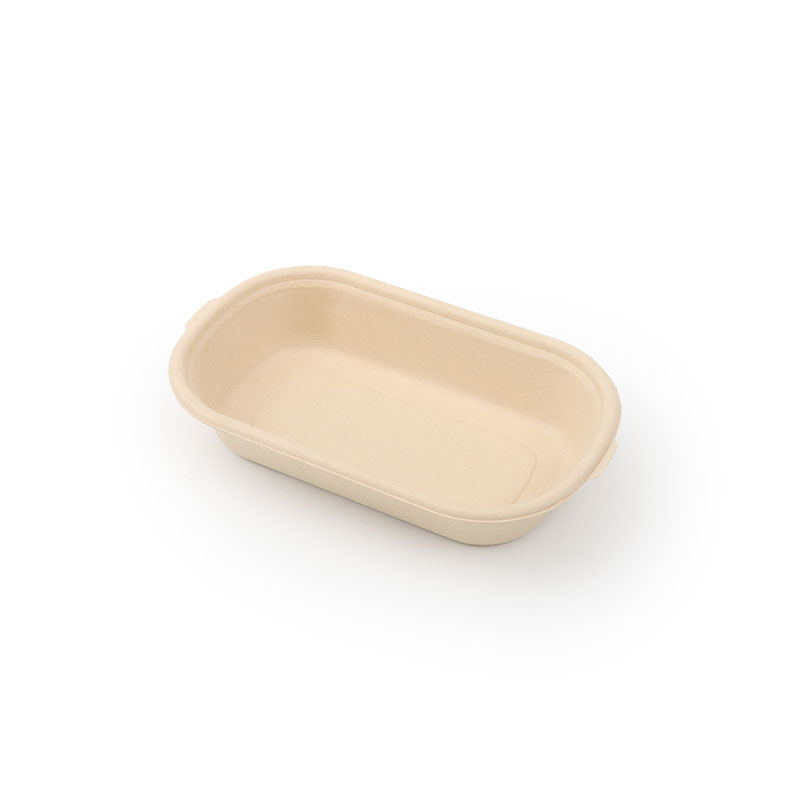 C31-0056-A
C31-0056-A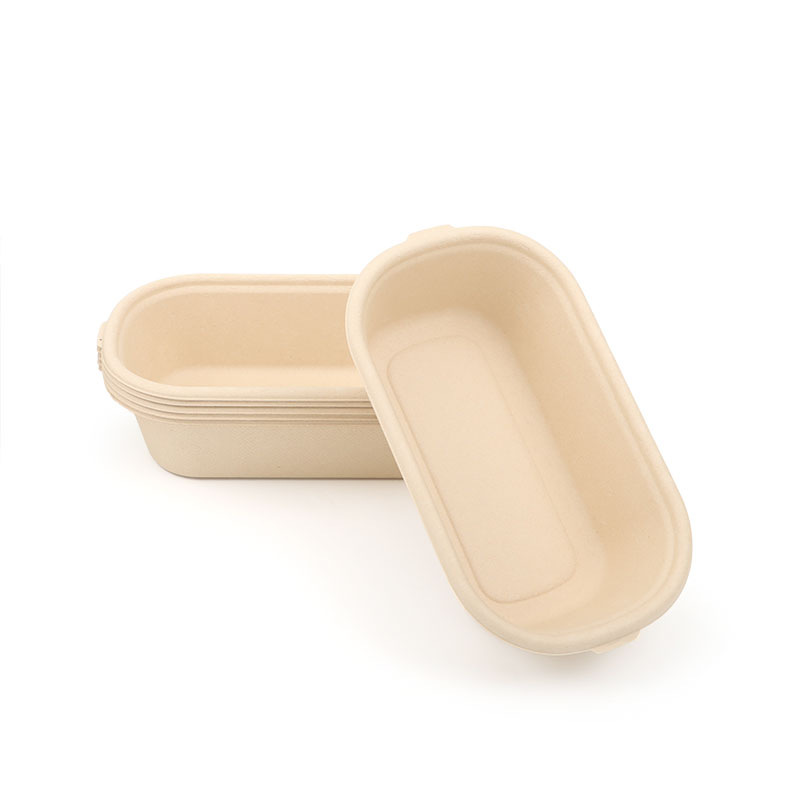 C31-0057-A
C31-0057-A C31-0060-A
C31-0060-A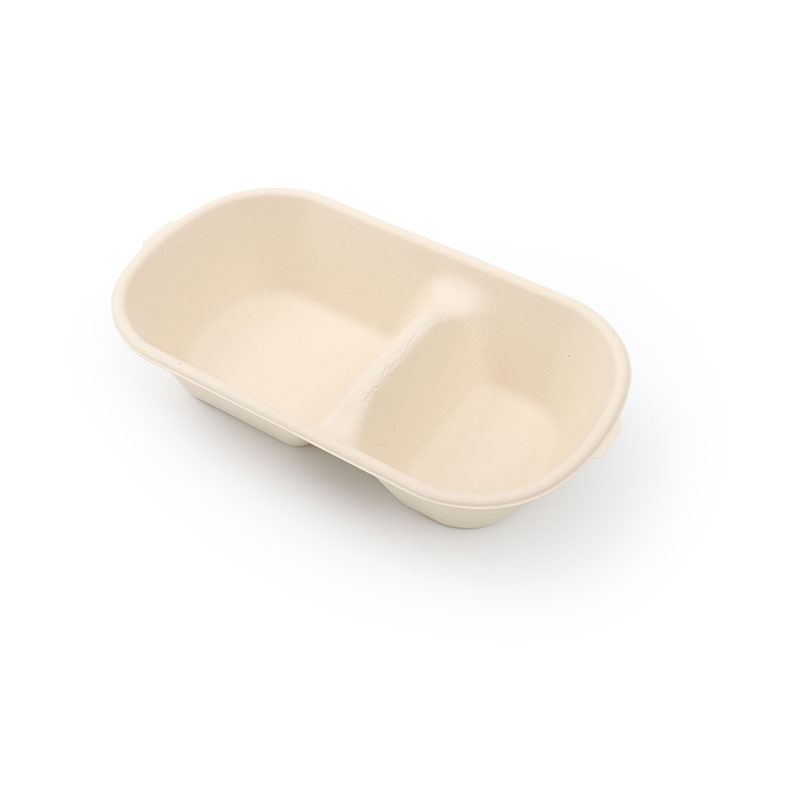 C31-0080-A
C31-0080-A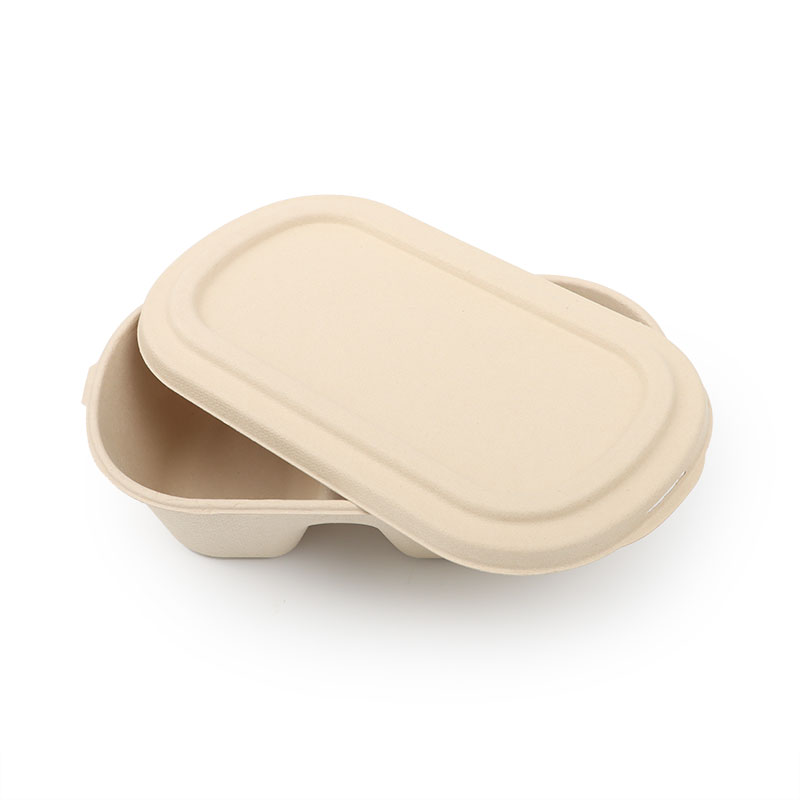 C31-0090-A
C31-0090-A C31-0091-A
C31-0091-A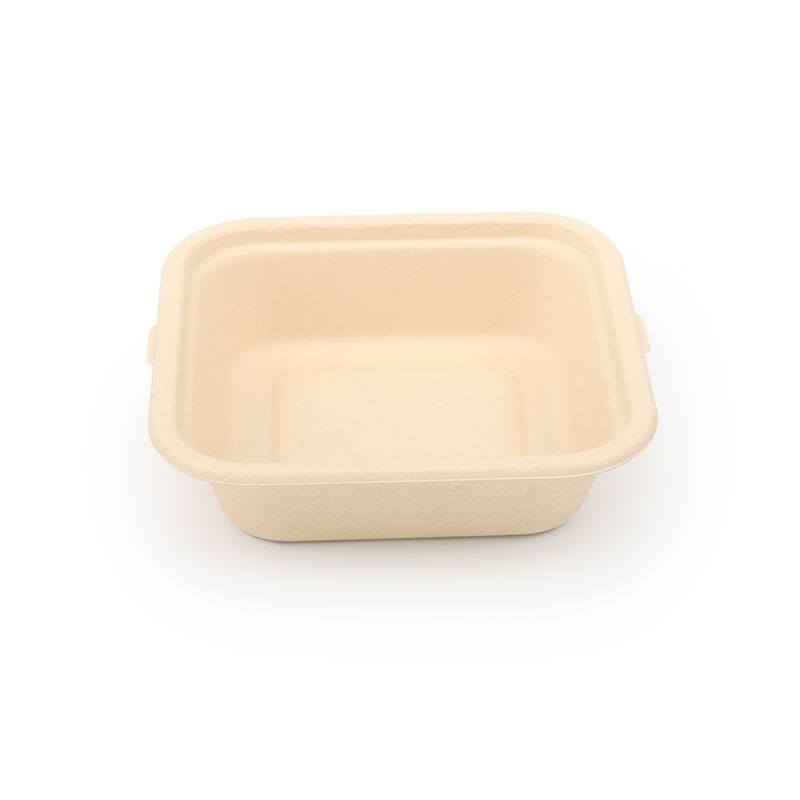 C31-0930-A
C31-0930-A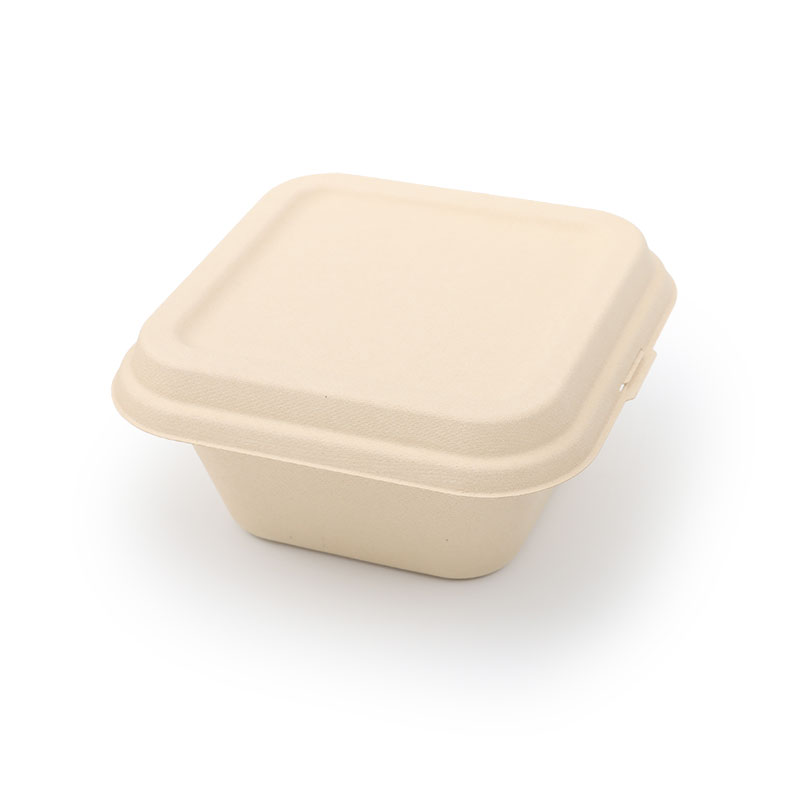 C31-0940-A
C31-0940-A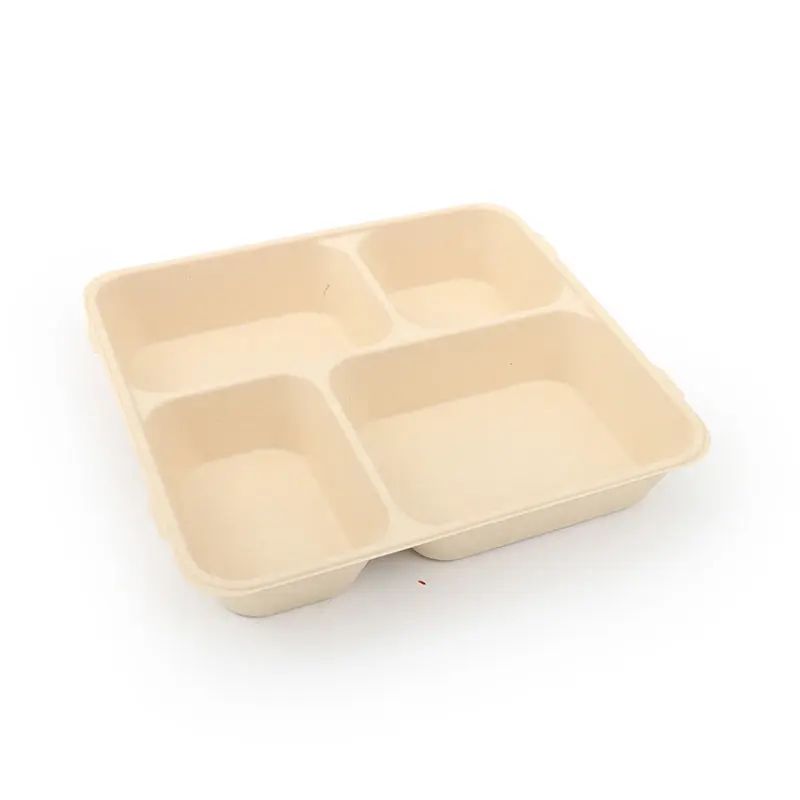 C71-3970-A
C71-3970-A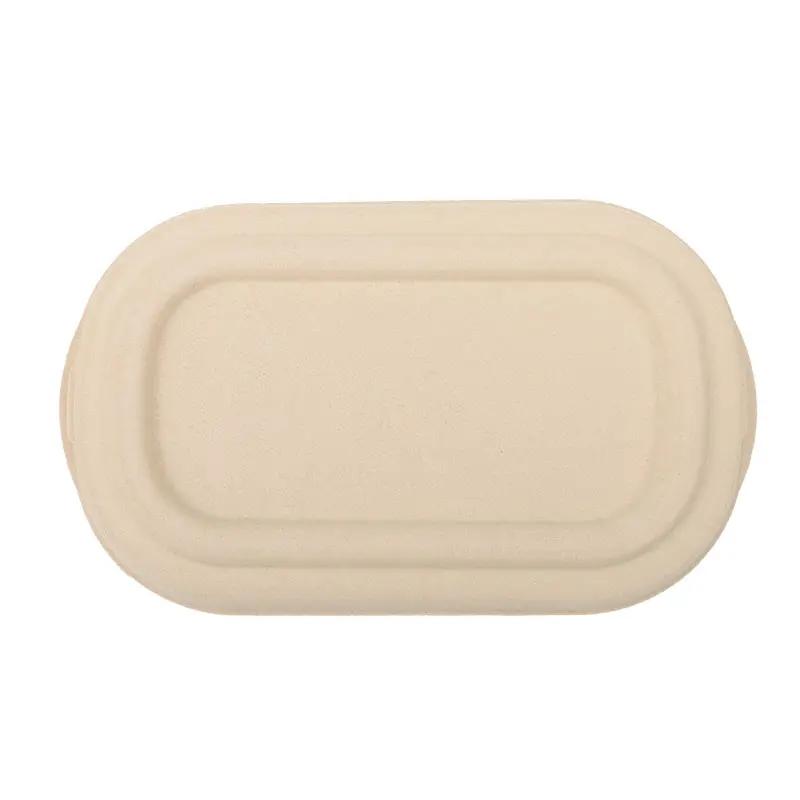 C31-0057-B
C31-0057-B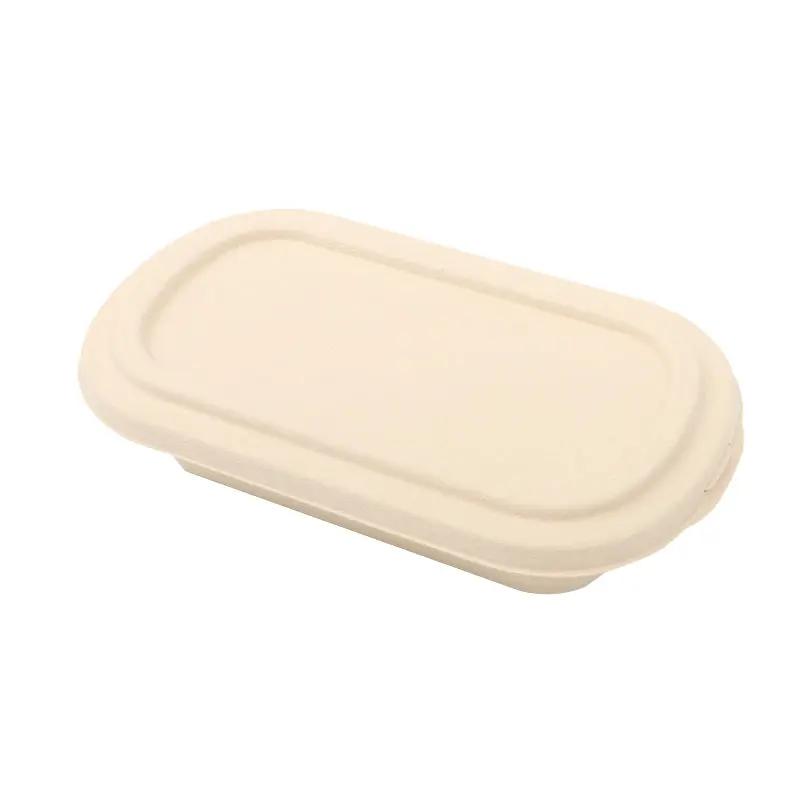 C31-0060-B
C31-0060-B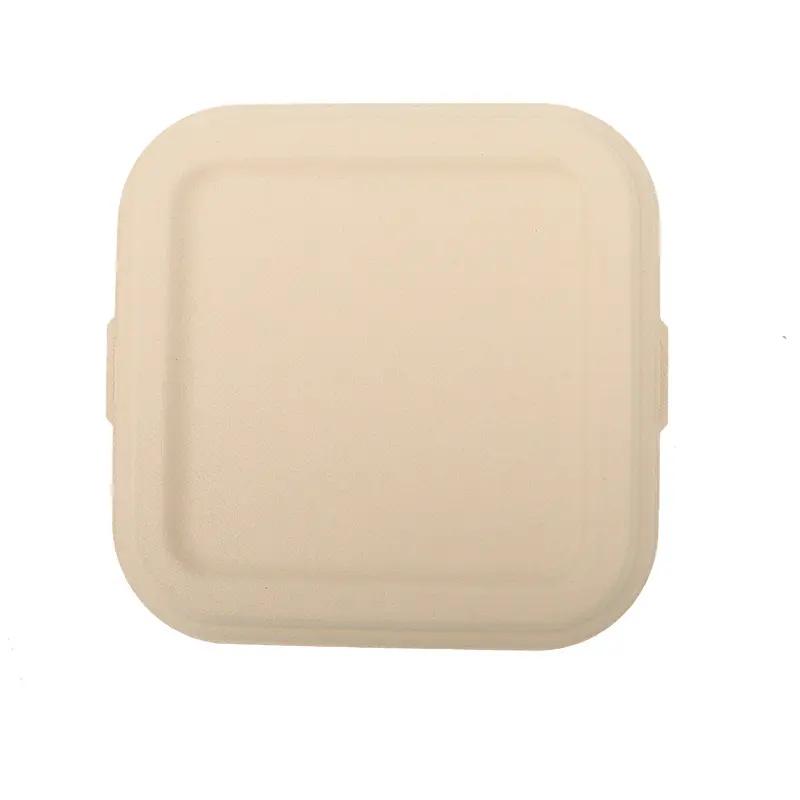 C31-0930-B
C31-0930-B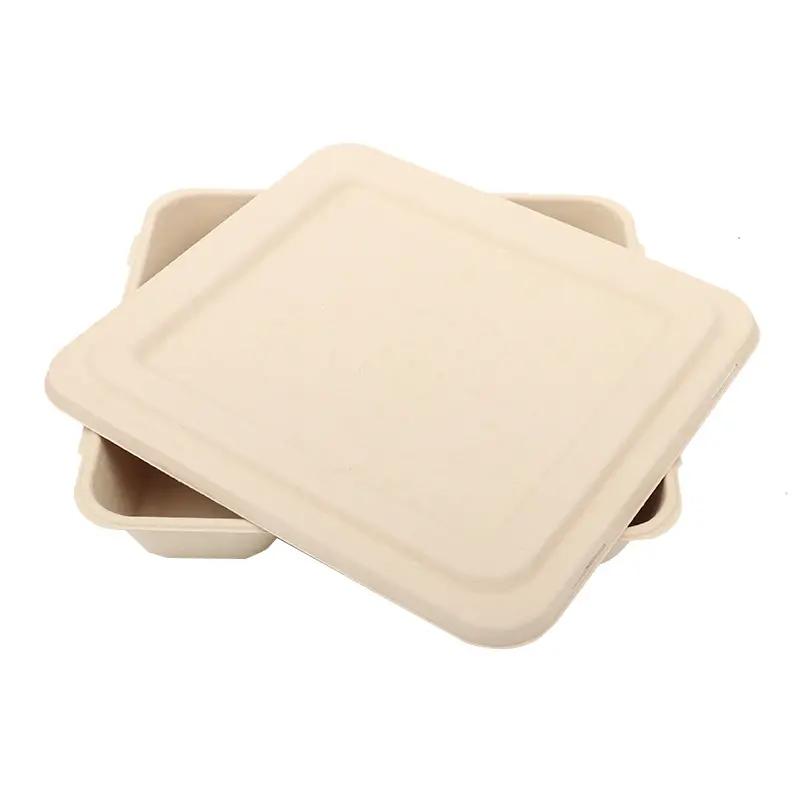 C71-3970-B
C71-3970-B Mult-Part Box
Mult-Part Box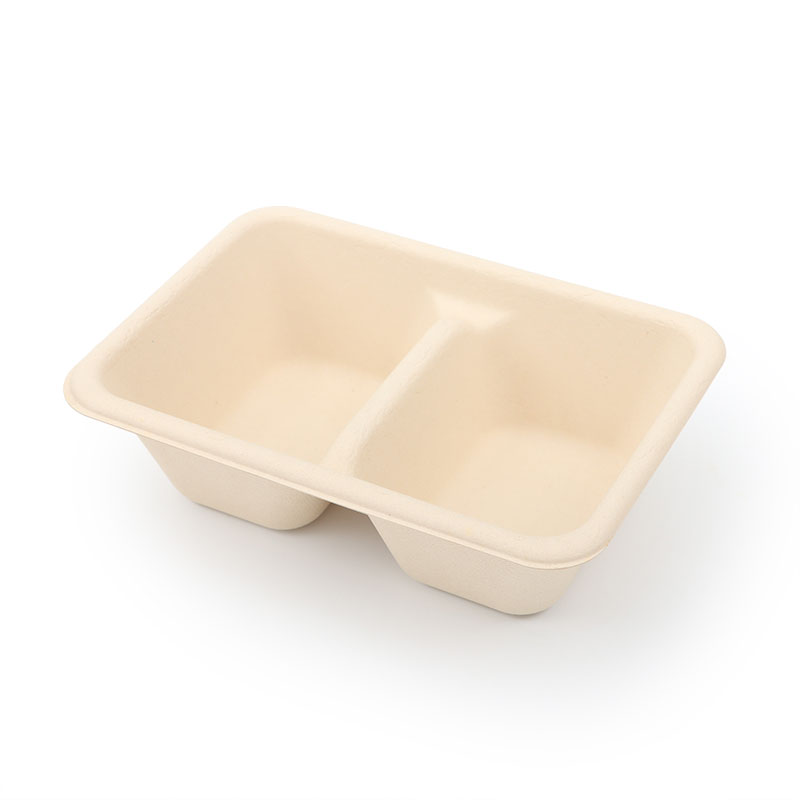 C31-0071-A
C31-0071-A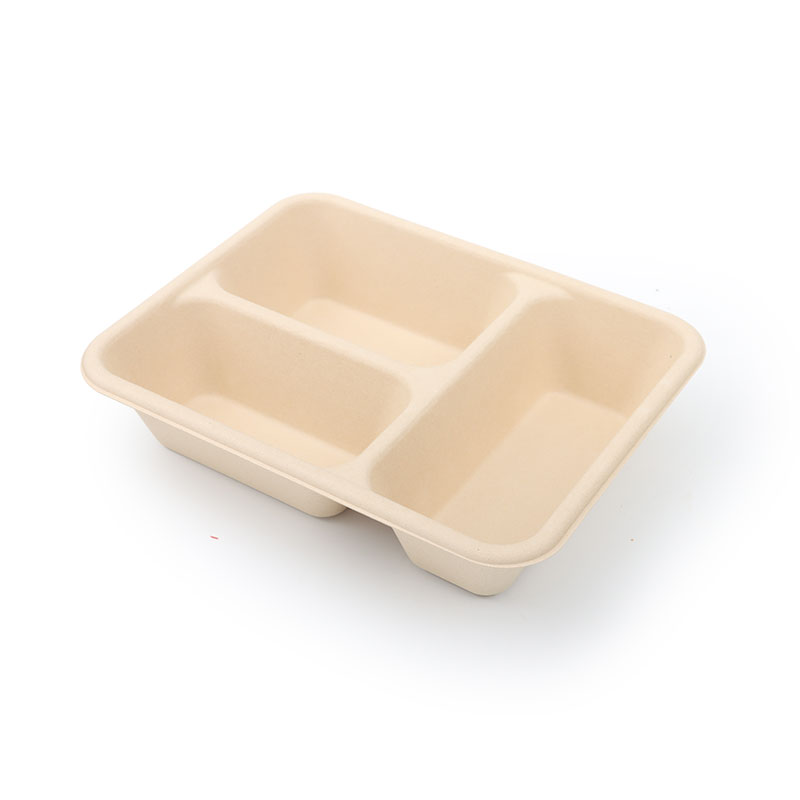 C31-0073-A
C31-0073-A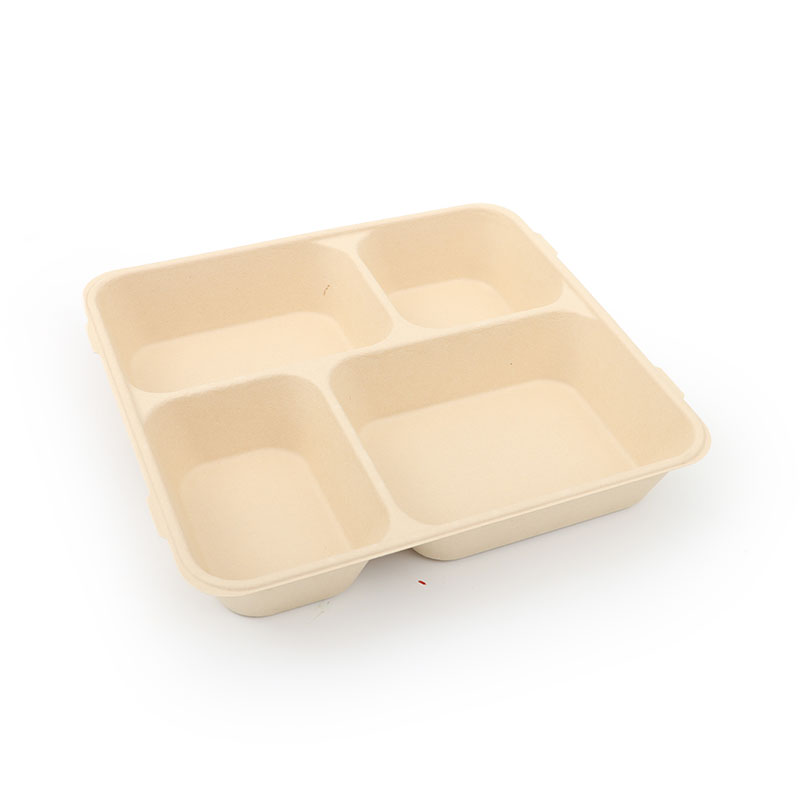 C71-3970-A
C71-3970-A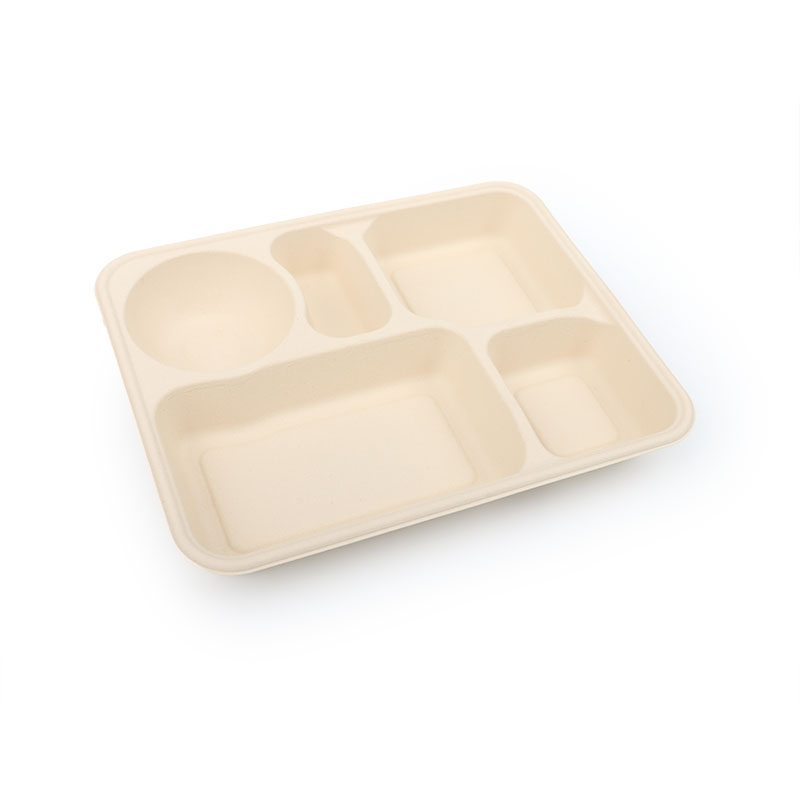 C71-3980A
C71-3980A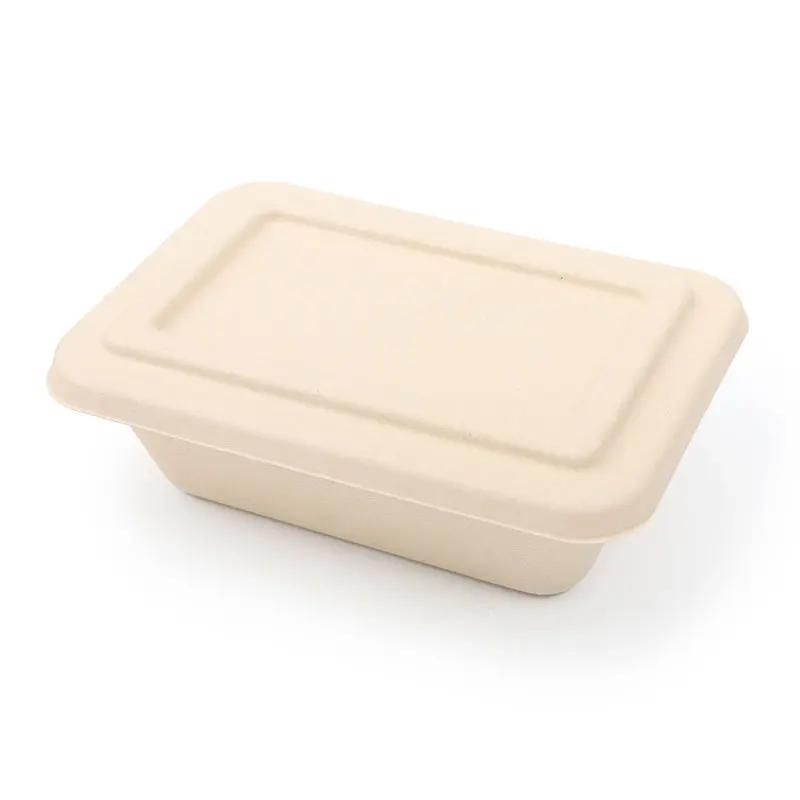 C31-0070-B
C31-0070-B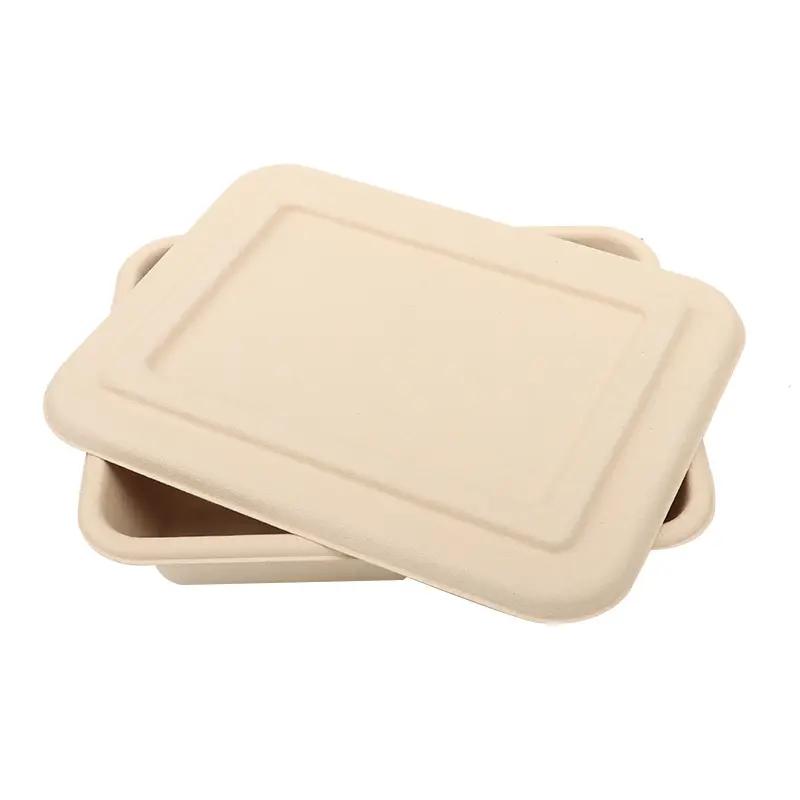 C31-0073-B
C31-0073-B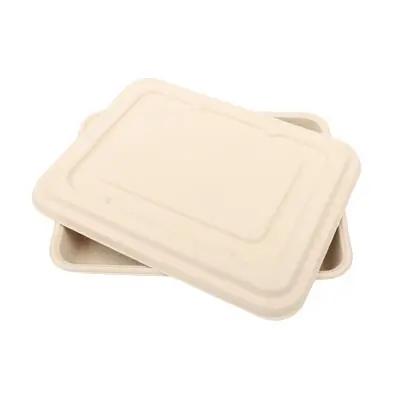 C71-3980-B
C71-3980-B Square Box
Square Box Box Without T buckle
Box Without T buckle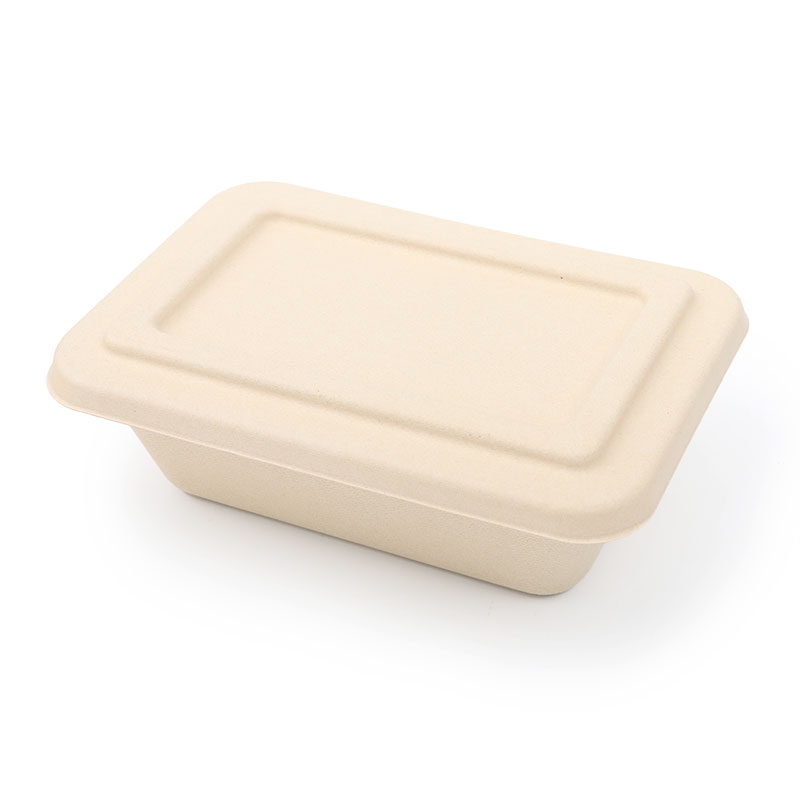 C31-0070-A
C31-0070-A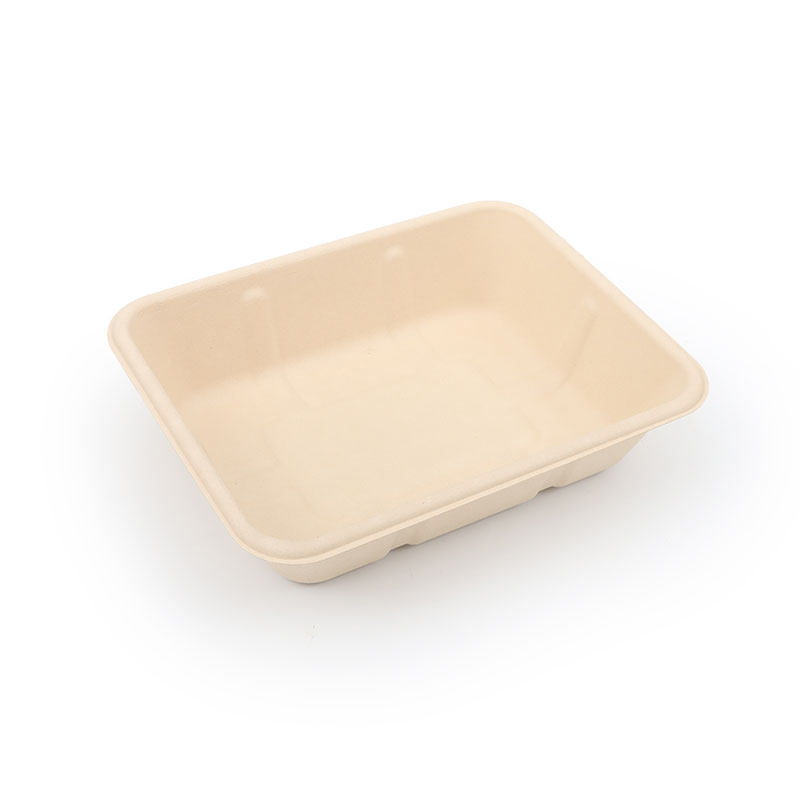 C31-0075-A
C31-0075-A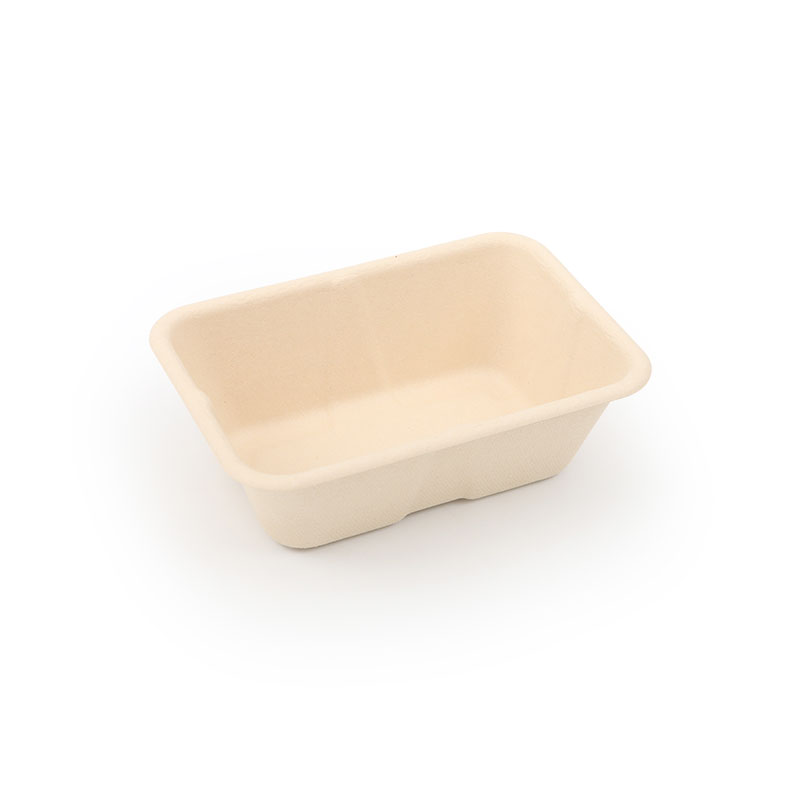 C31-2890-A
C31-2890-A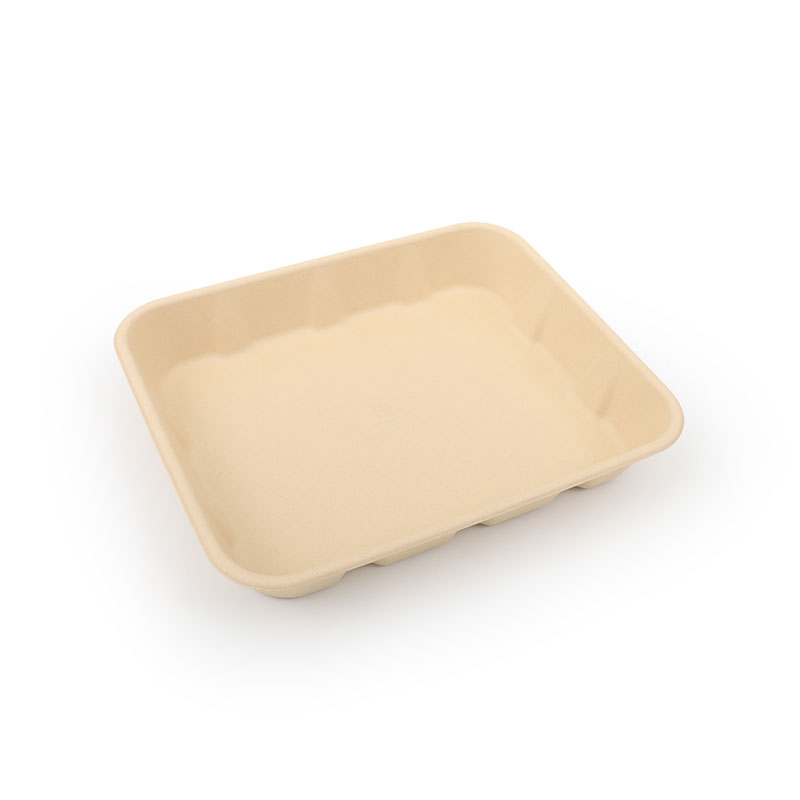 C31-3130-A
C31-3130-A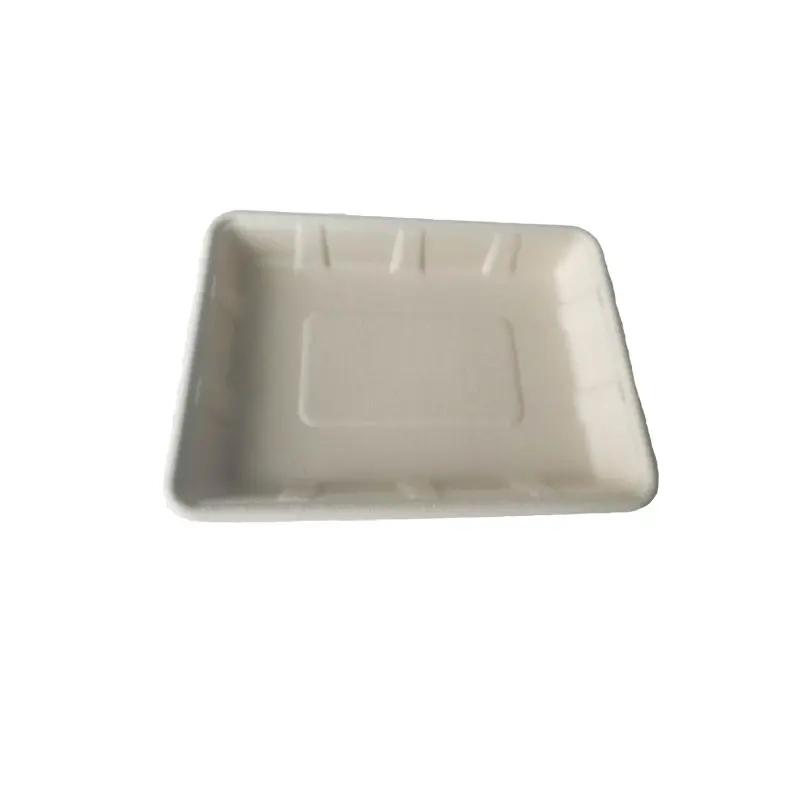 C71-4300-A
C71-4300-A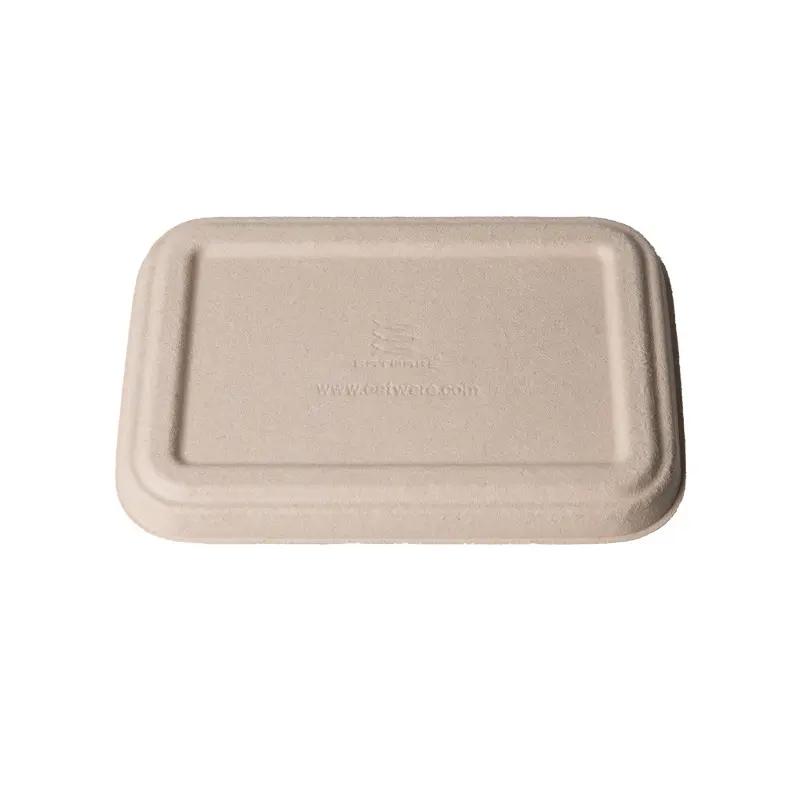 C31-2890-B
C31-2890-B One Part Box
One Part Box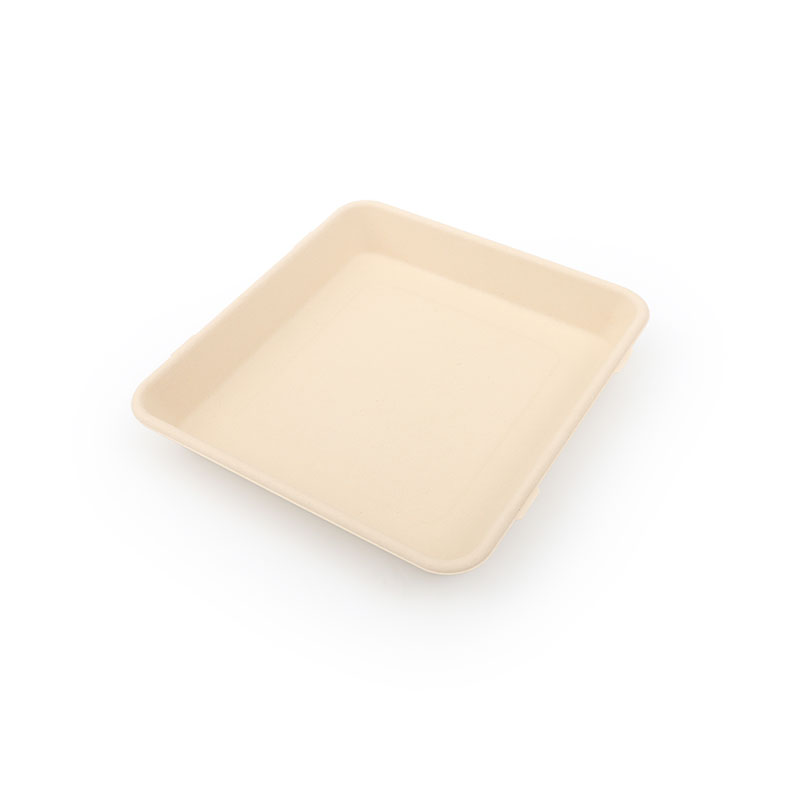 C31-0950-A
C31-0950-A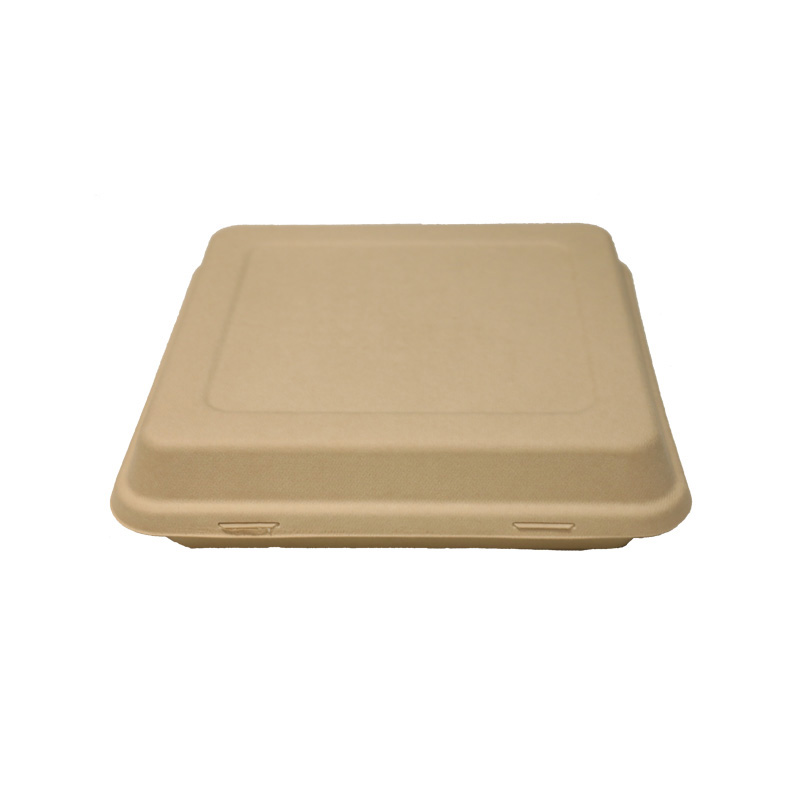 C31-0950-B
C31-0950-B Cake Bread Snack Tray Series
Cake Bread Snack Tray Series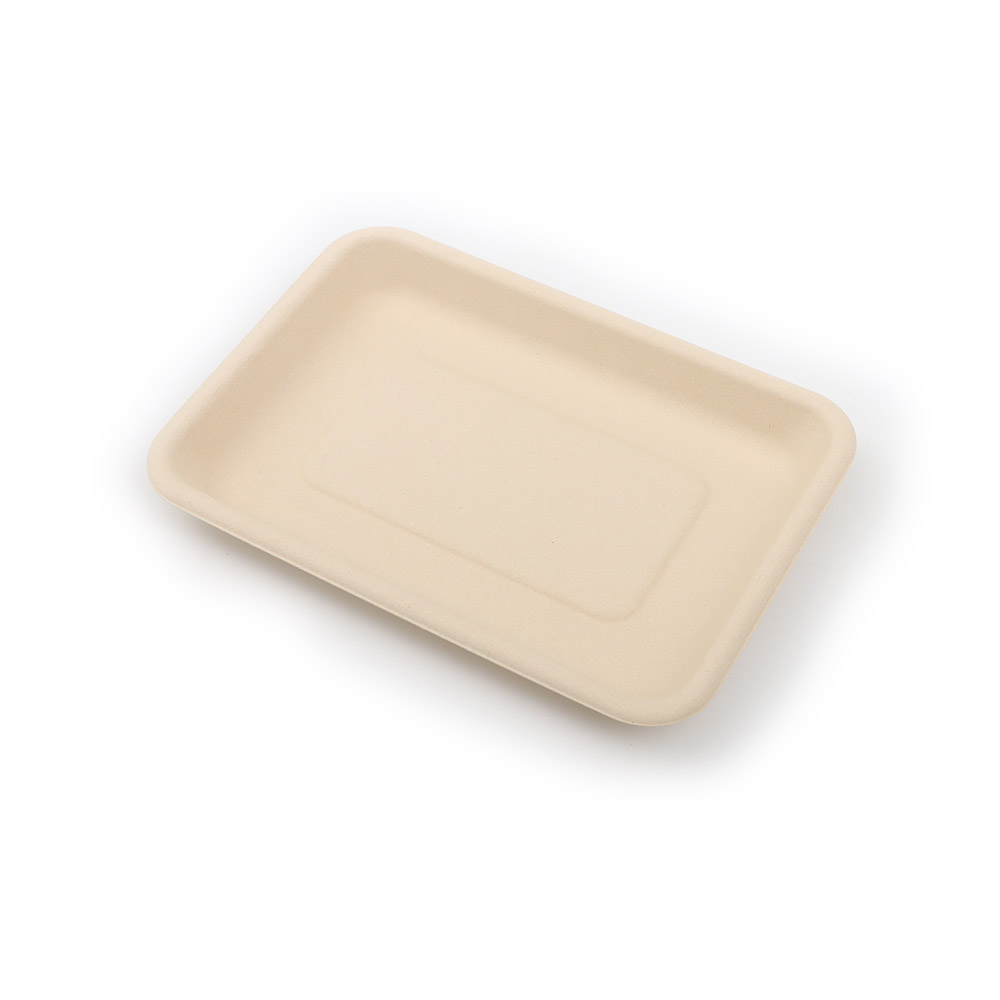 C71-0020-A
C71-0020-A C71-0100-A
C71-0100-A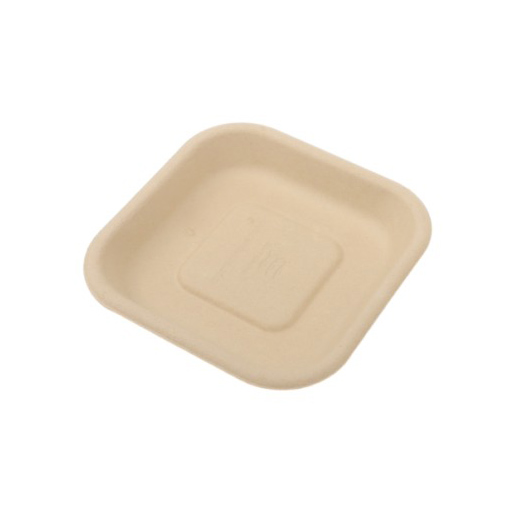 C71-0380-A
C71-0380-A Fruit And Vegetable Tray Series
Fruit And Vegetable Tray Series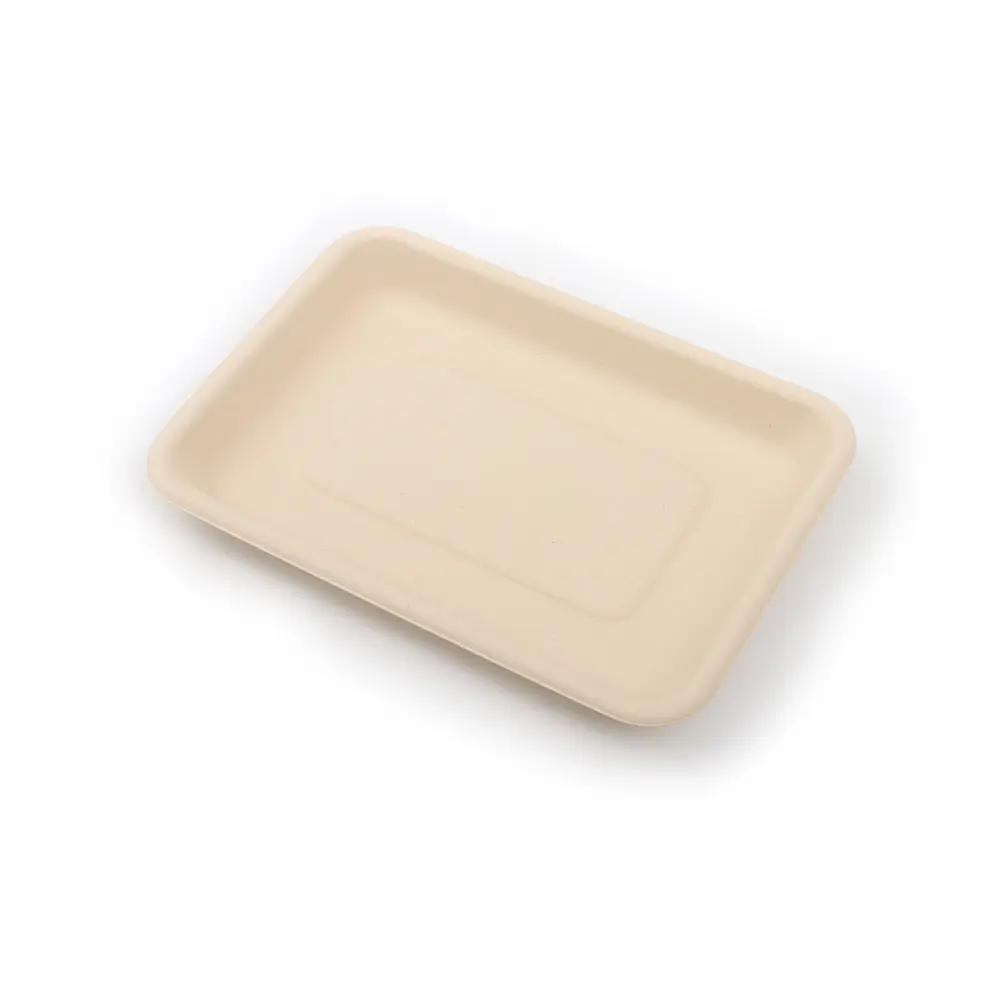 C71-0490-A
C71-0490-A Sushi Tray Series
Sushi Tray Series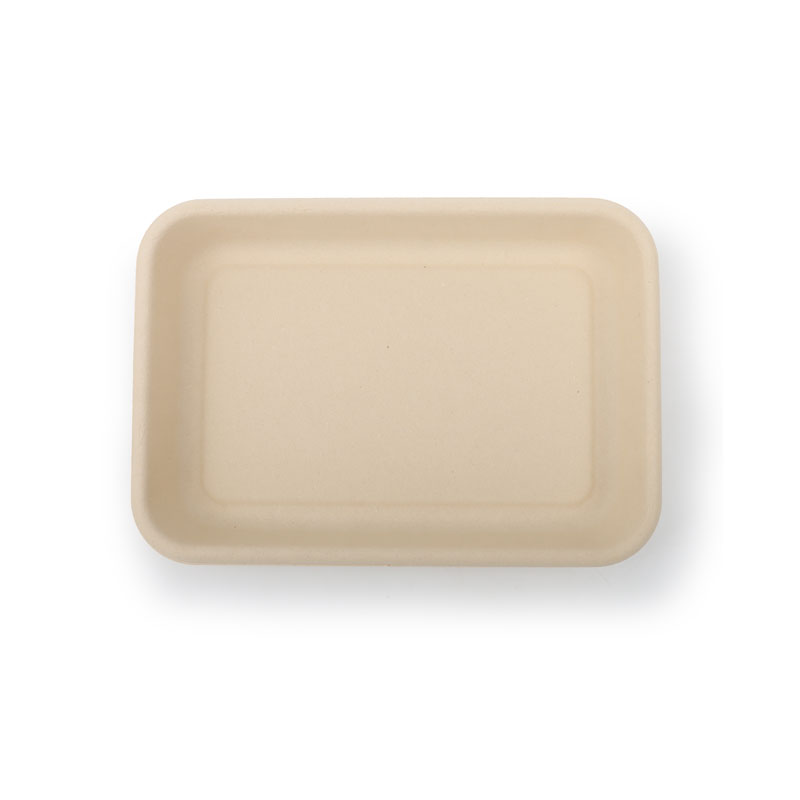 C71-2930-A
C71-2930-A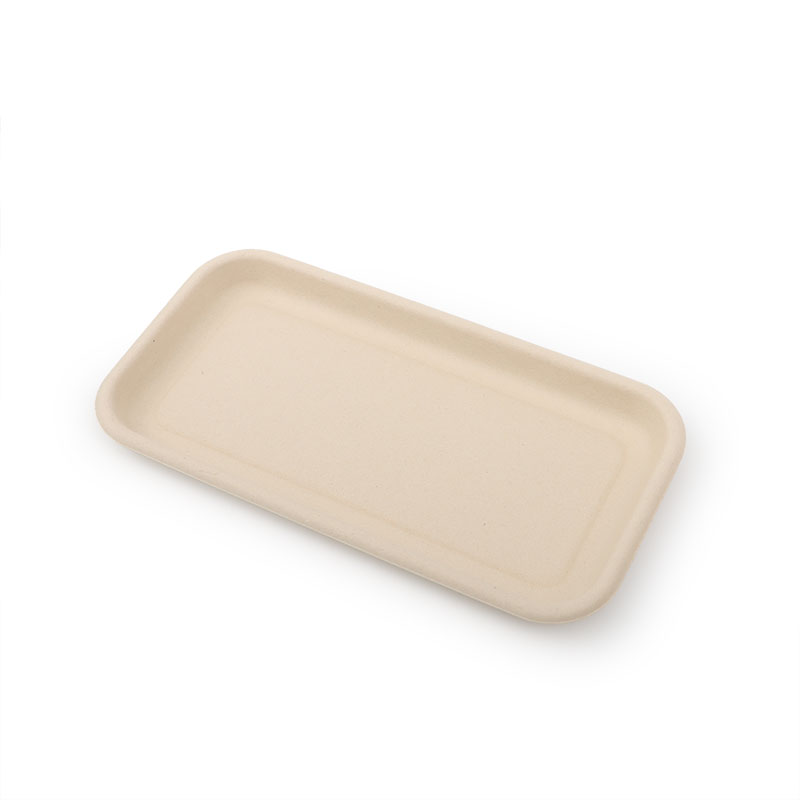 C71-2940-A
C71-2940-A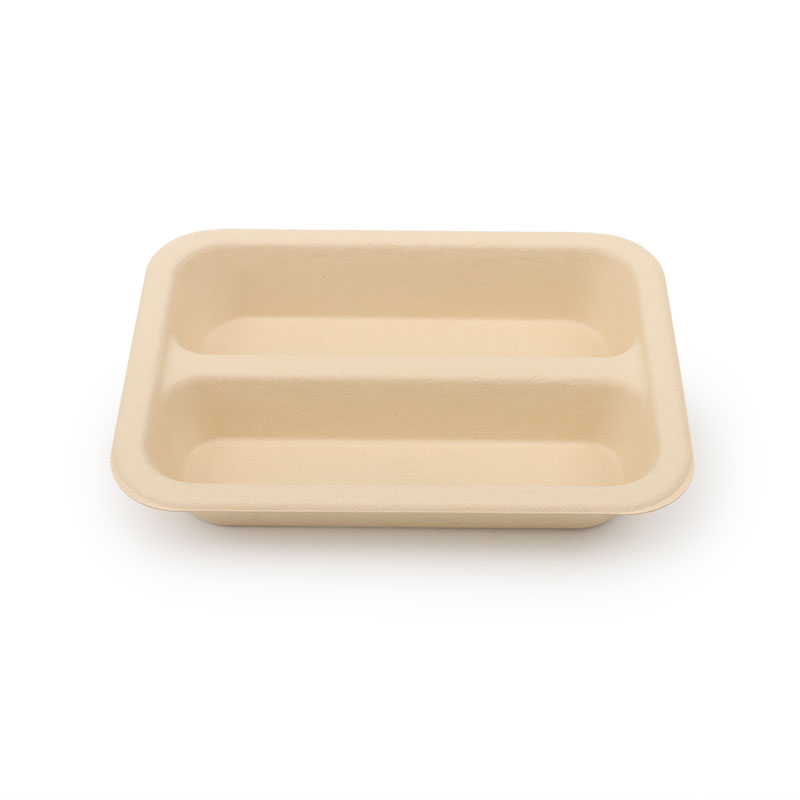 C71-2990-A
C71-2990-A Small Round Plate Series
Small Round Plate Series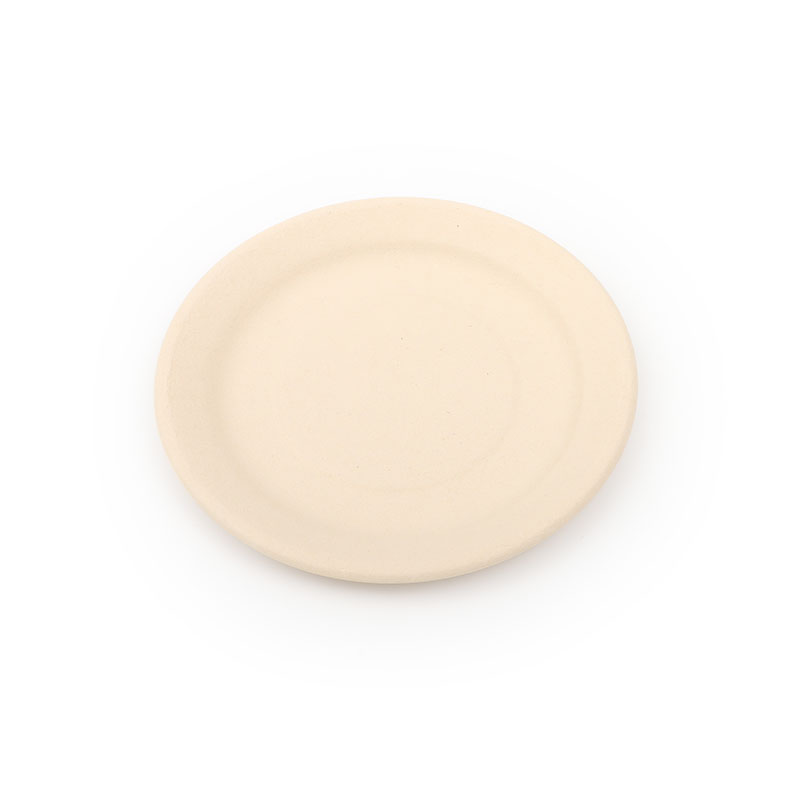 C51-0030-A
C51-0030-A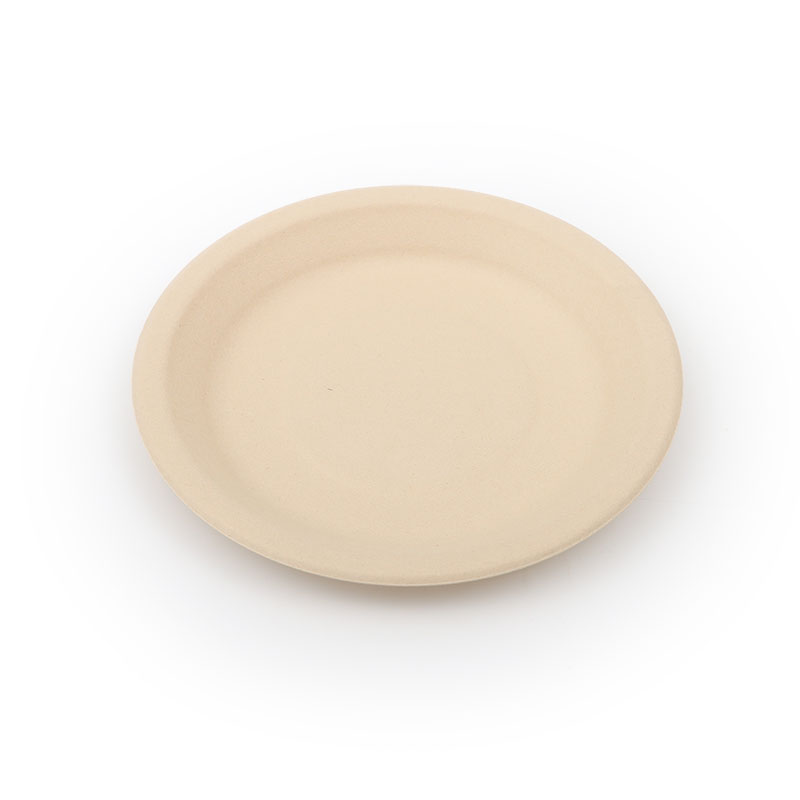 C51-0850-A
C51-0850-A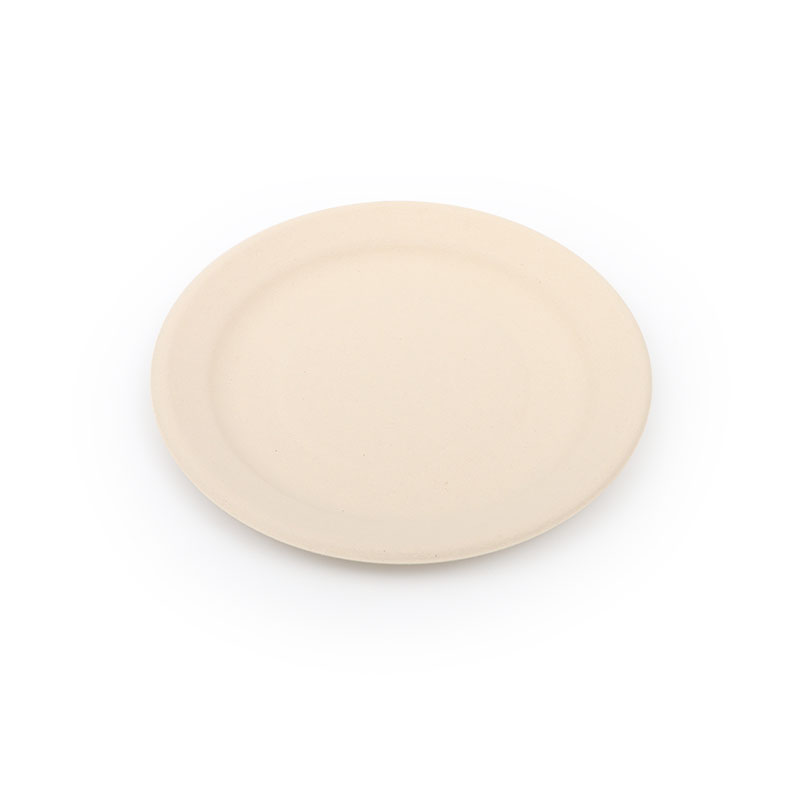 C51-0031-A
C51-0031-A Middle Round Plate Series
Middle Round Plate Series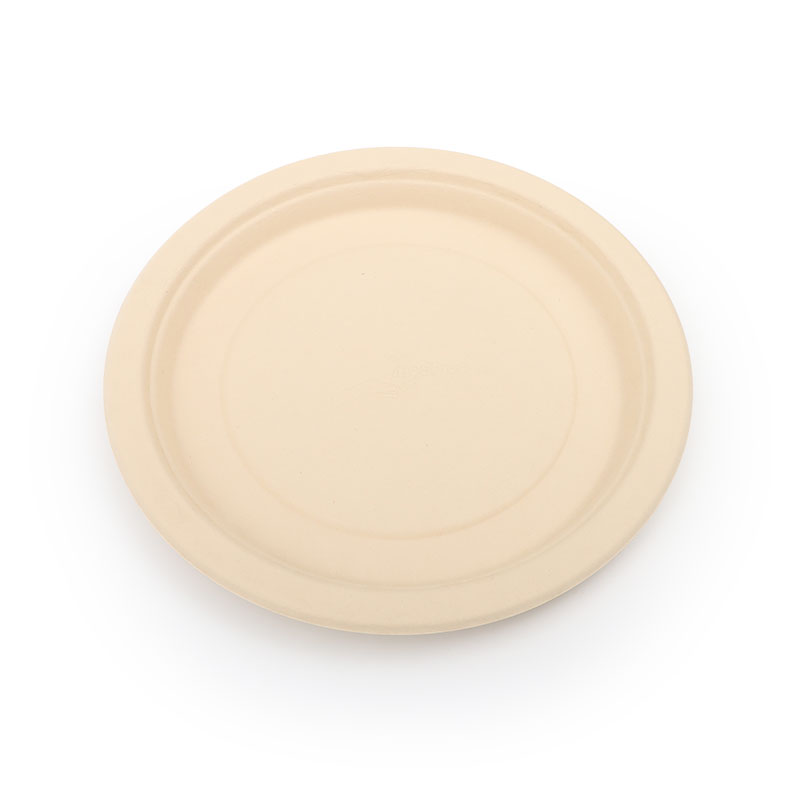 C51-0250-A
C51-0250-A Big Round Plate Series
Big Round Plate Series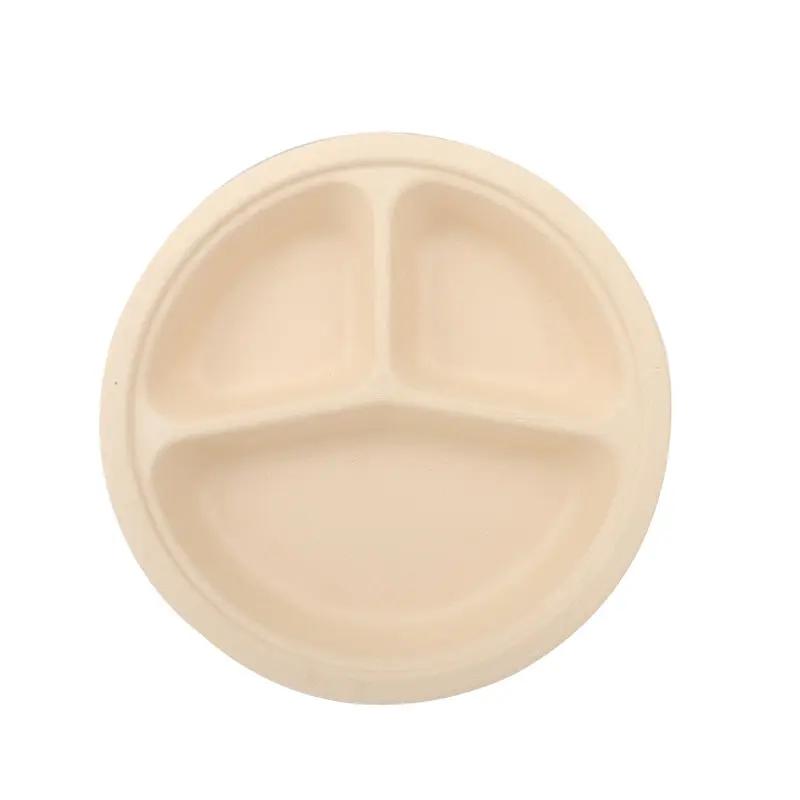 C51-1790-A
C51-1790-A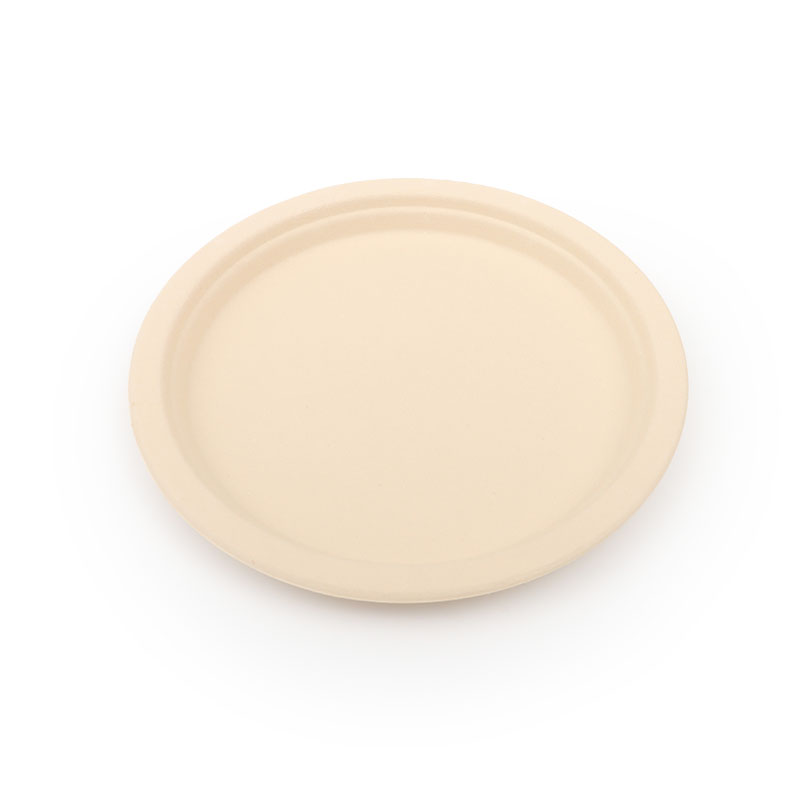 C51-1740-A
C51-1740-A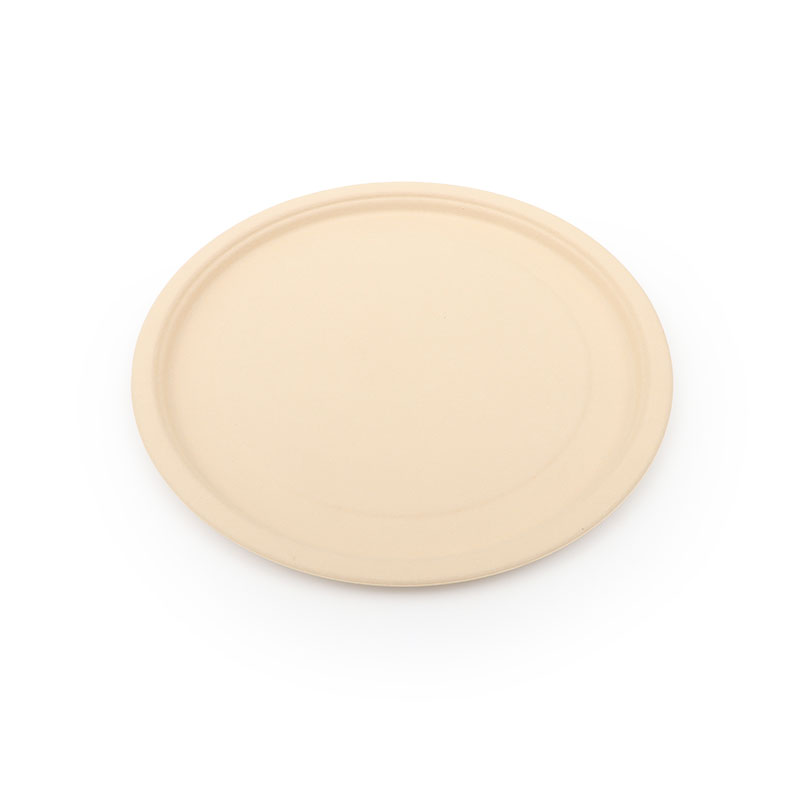 C51-0621-A
C51-0621-A Bigger Bowl
Bigger Bowl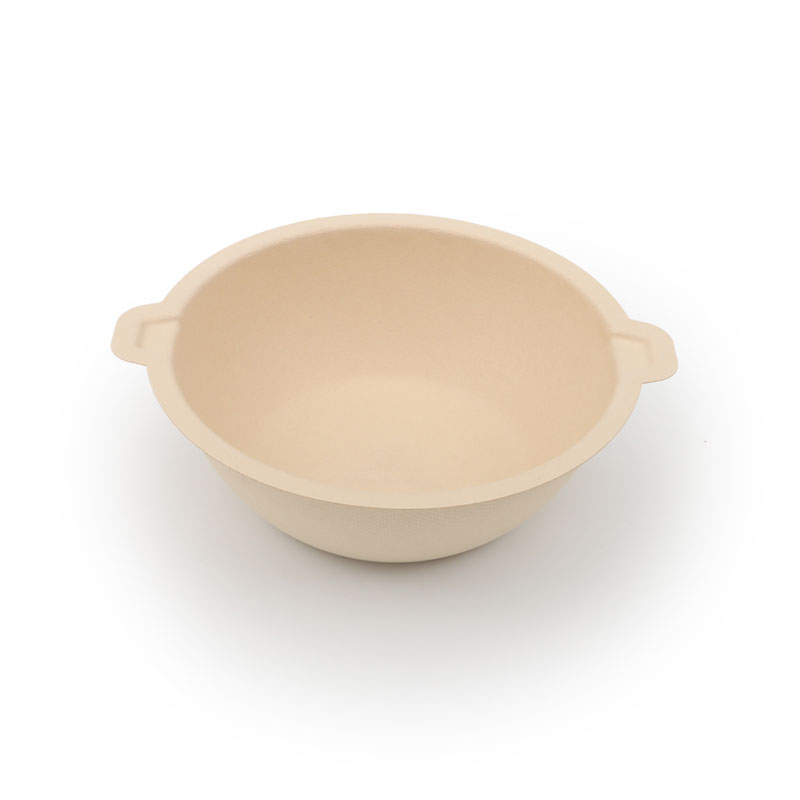 C11-2020-A
C11-2020-A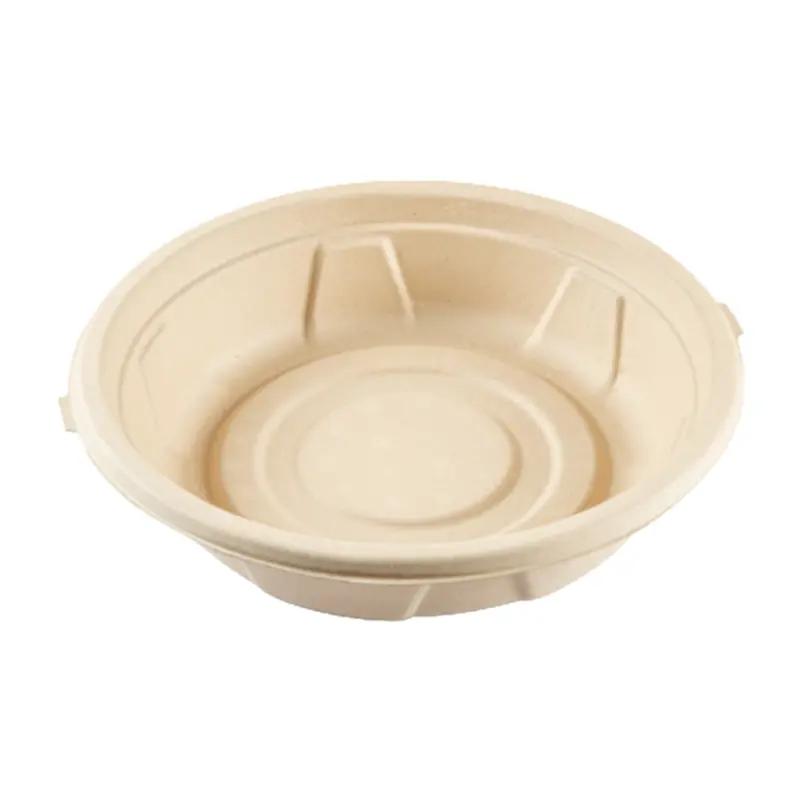 C11-2021-A
C11-2021-A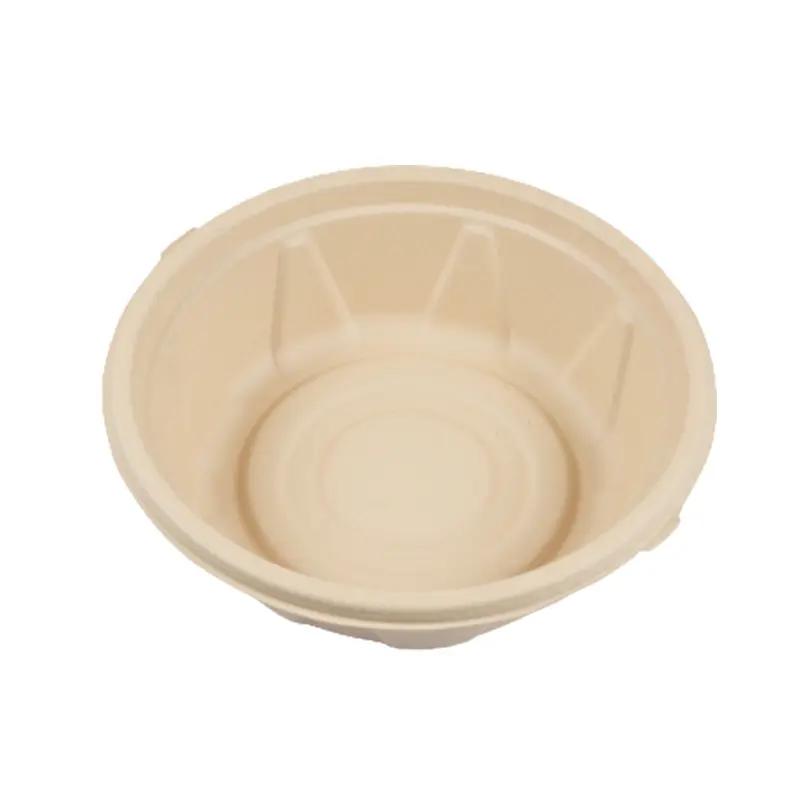 C11-2022-A
C11-2022-A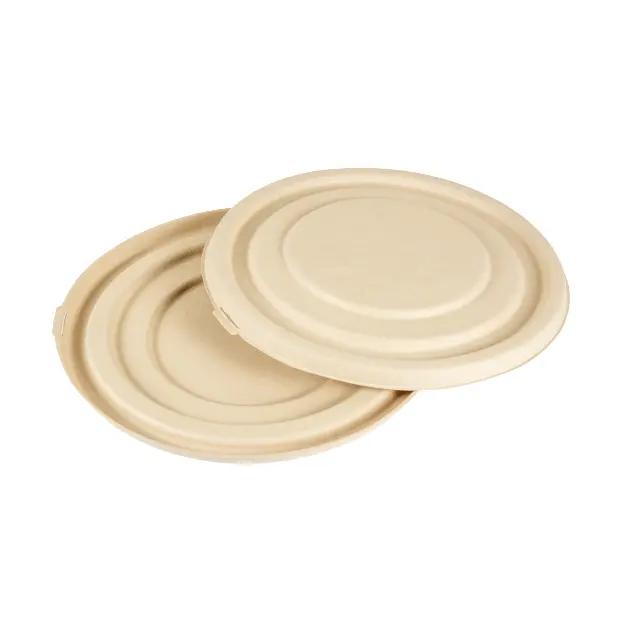 C11-2022-B
C11-2022-B Middle Bowl
Middle Bowl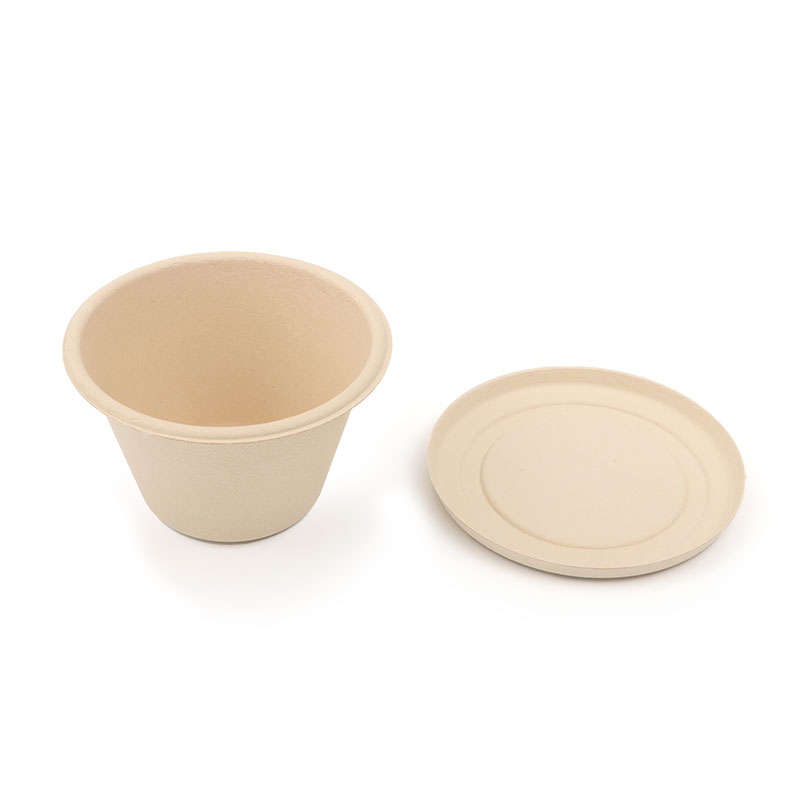 C11-0040-A
C11-0040-A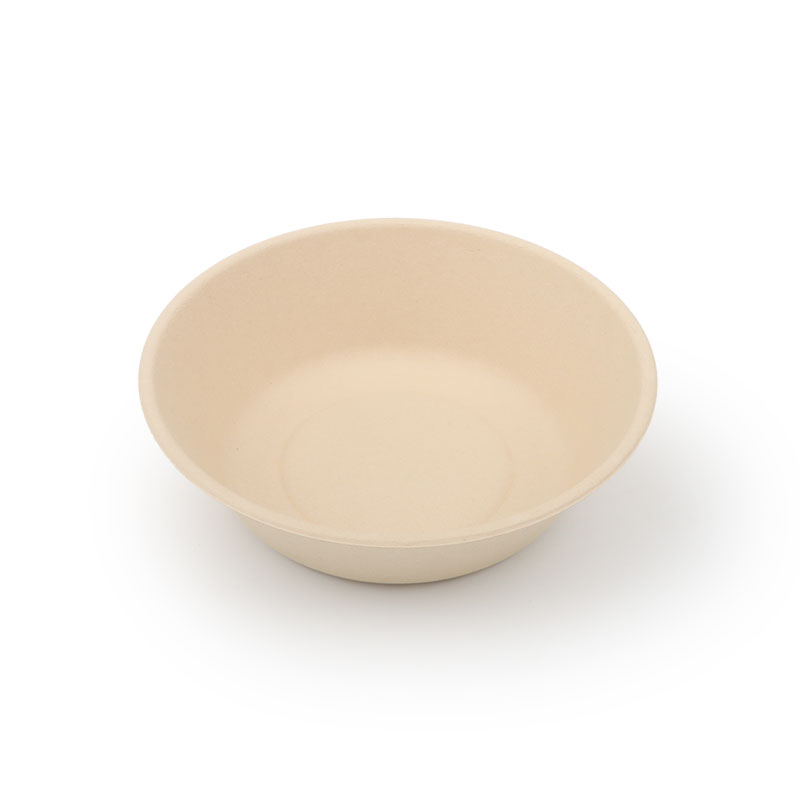 C11-1430-A
C11-1430-A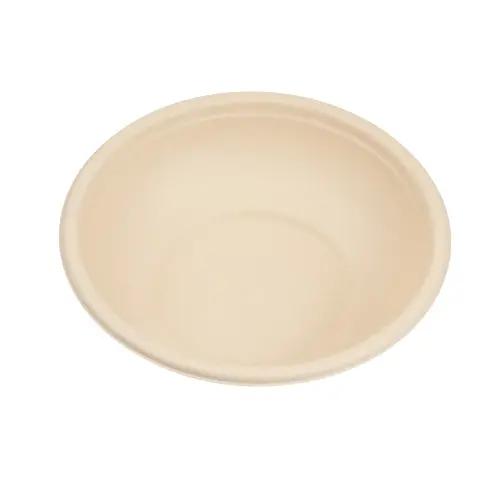 C11-2015-A
C11-2015-A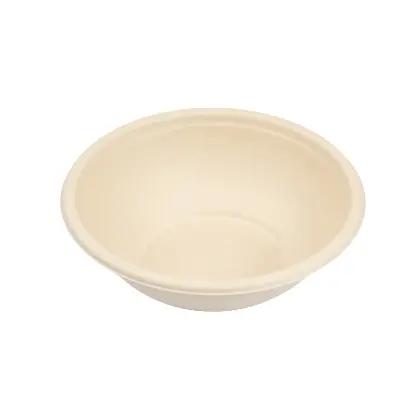 C11-2016-A
C11-2016-A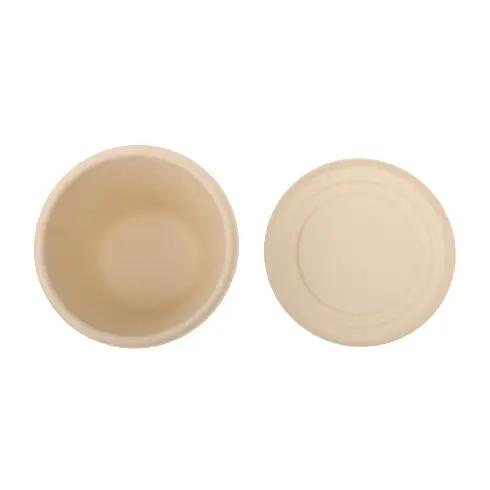 C11-0040-B
C11-0040-B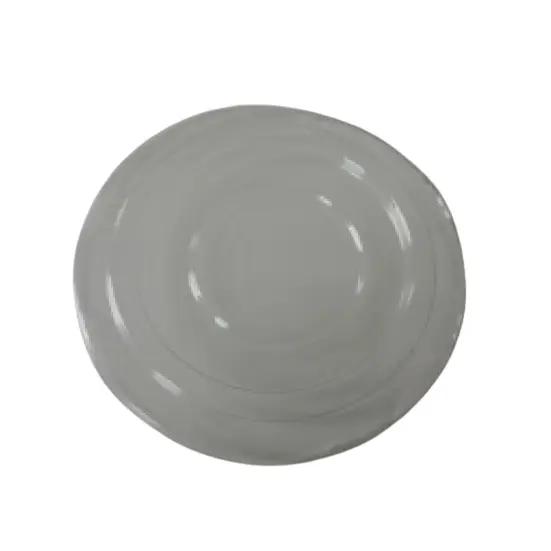 C11-0040-B - PET
C11-0040-B - PET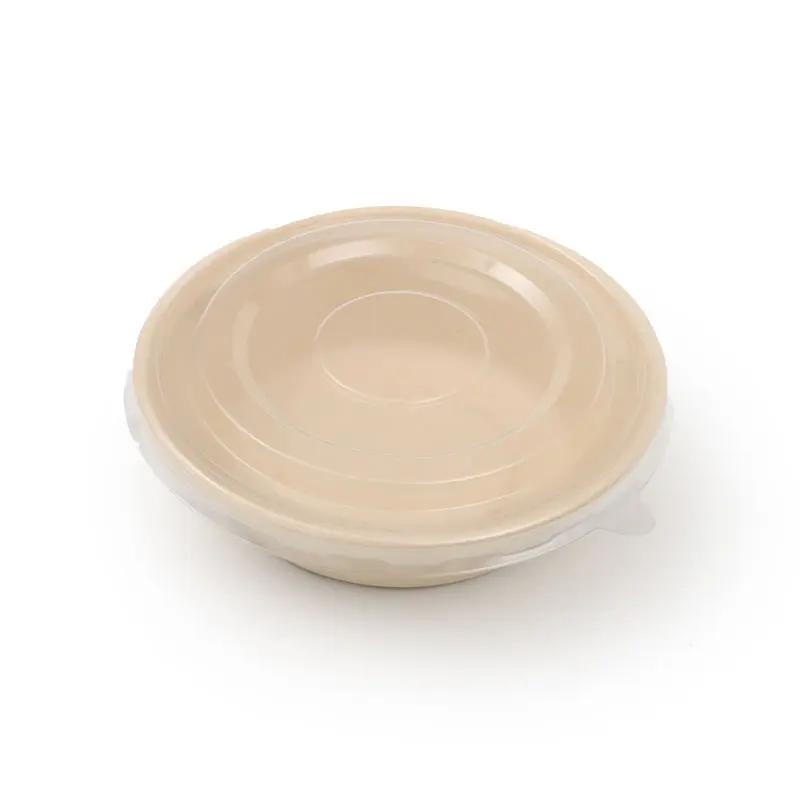 C11-1430-B
C11-1430-B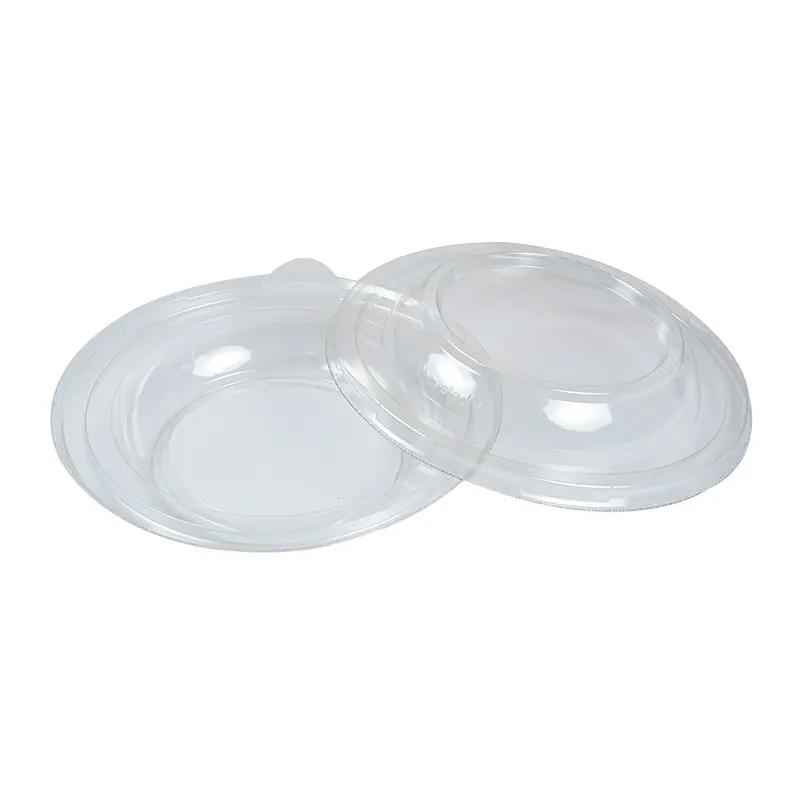 C11-2015-B-PET
C11-2015-B-PET Small Bowl
Small Bowl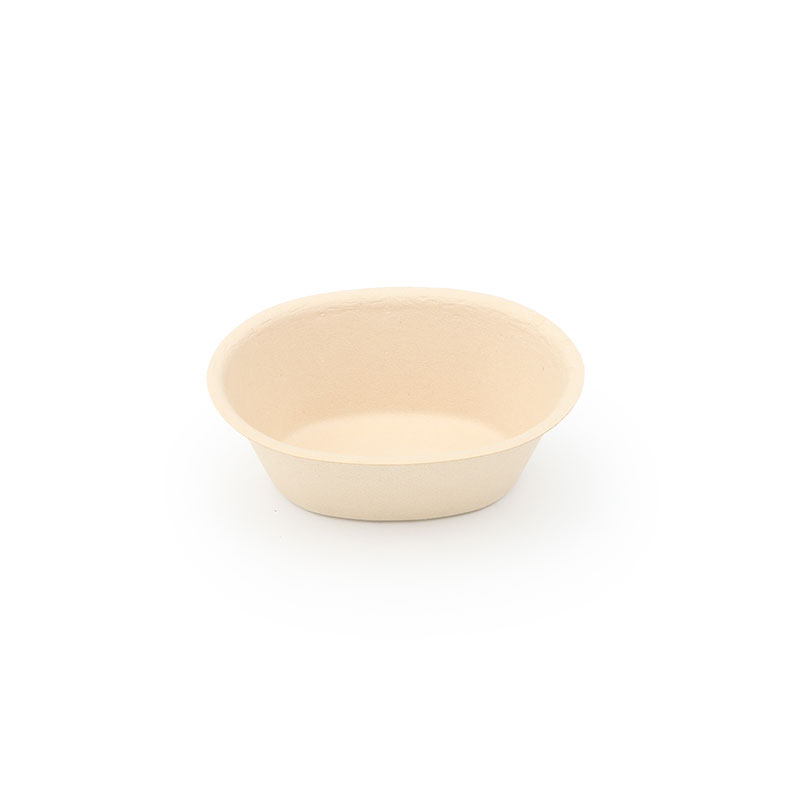 C11-0050-A
C11-0050-A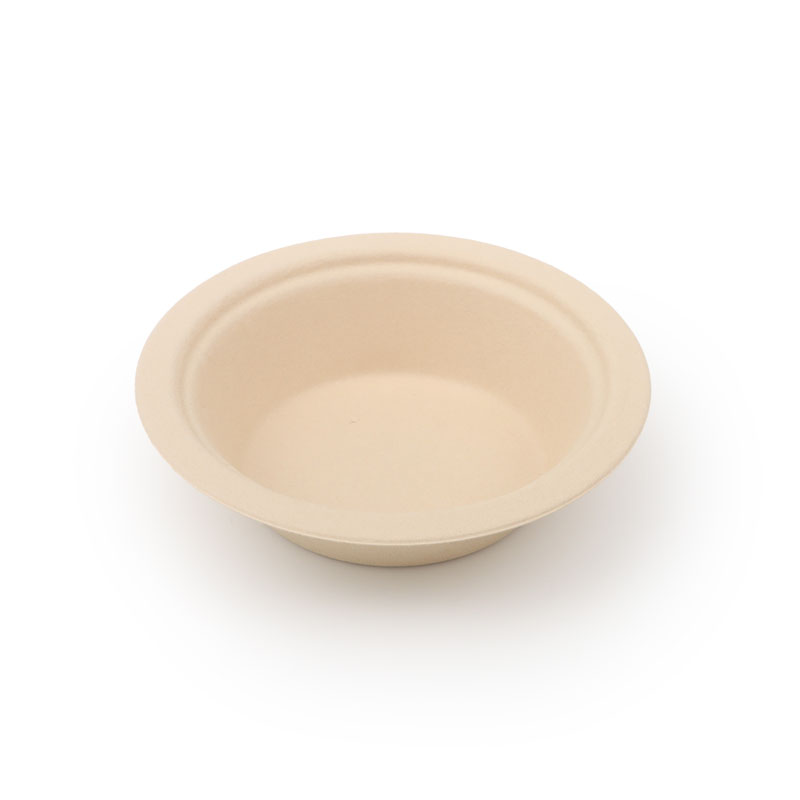 C11-1420-A
C11-1420-A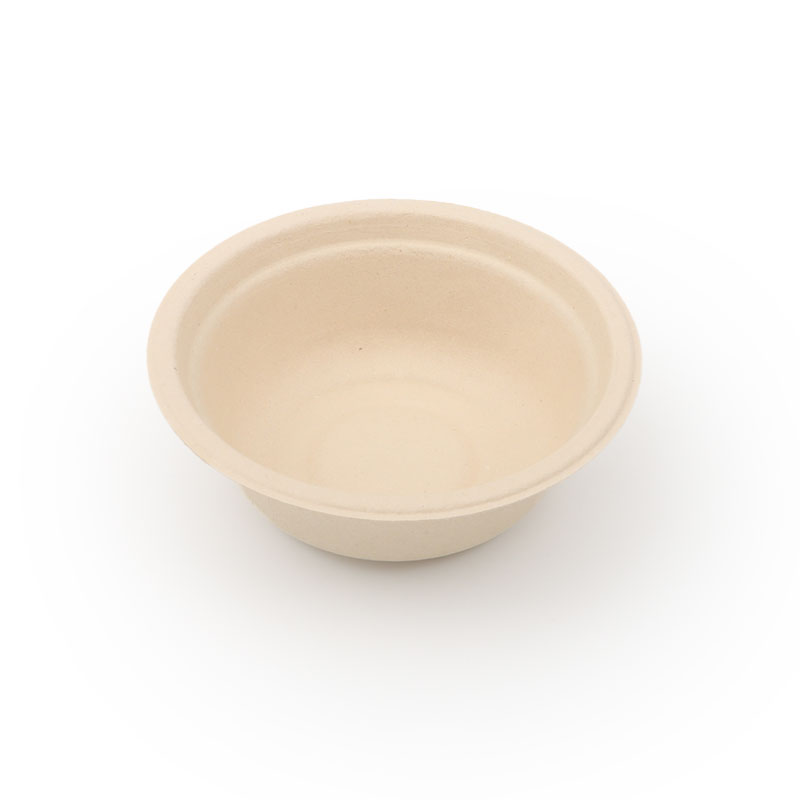 C11-1421-A
C11-1421-A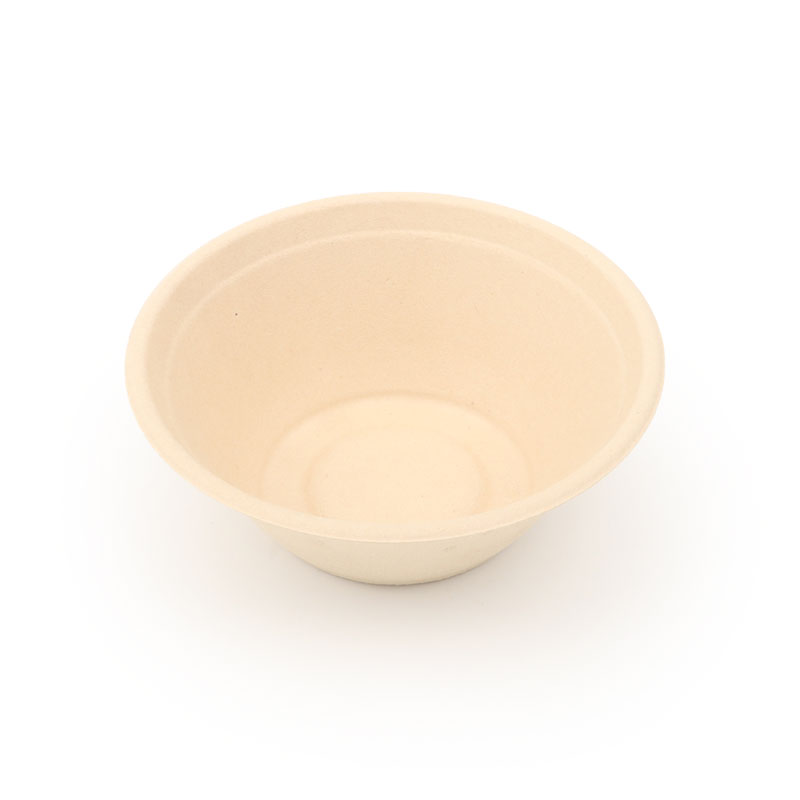 C11-1422-A
C11-1422-A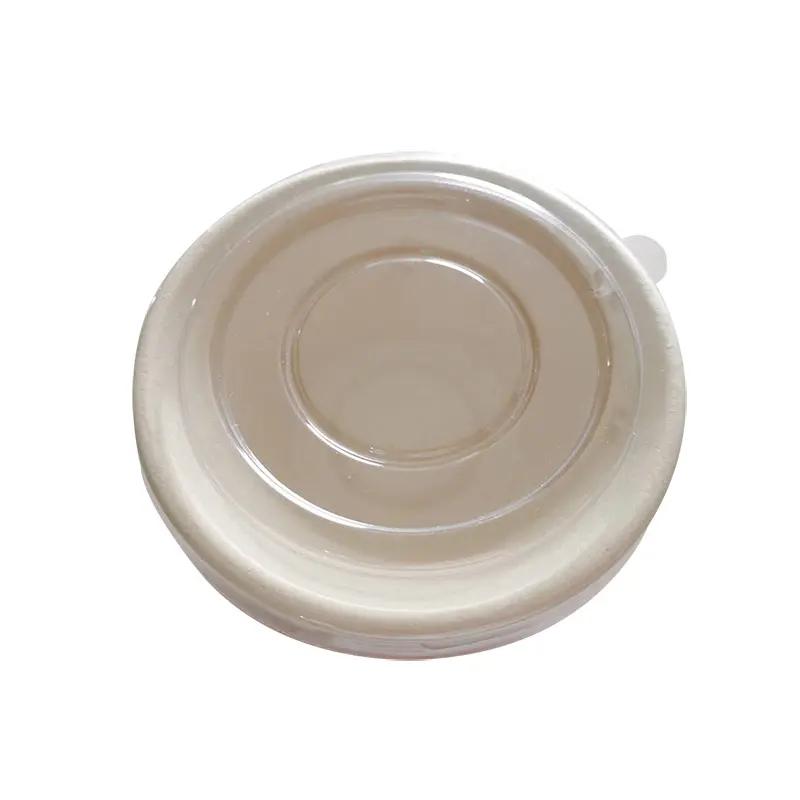 C11-1422-B
C11-1422-B Bagasse Lunch Boxes
Bagasse Lunch Boxes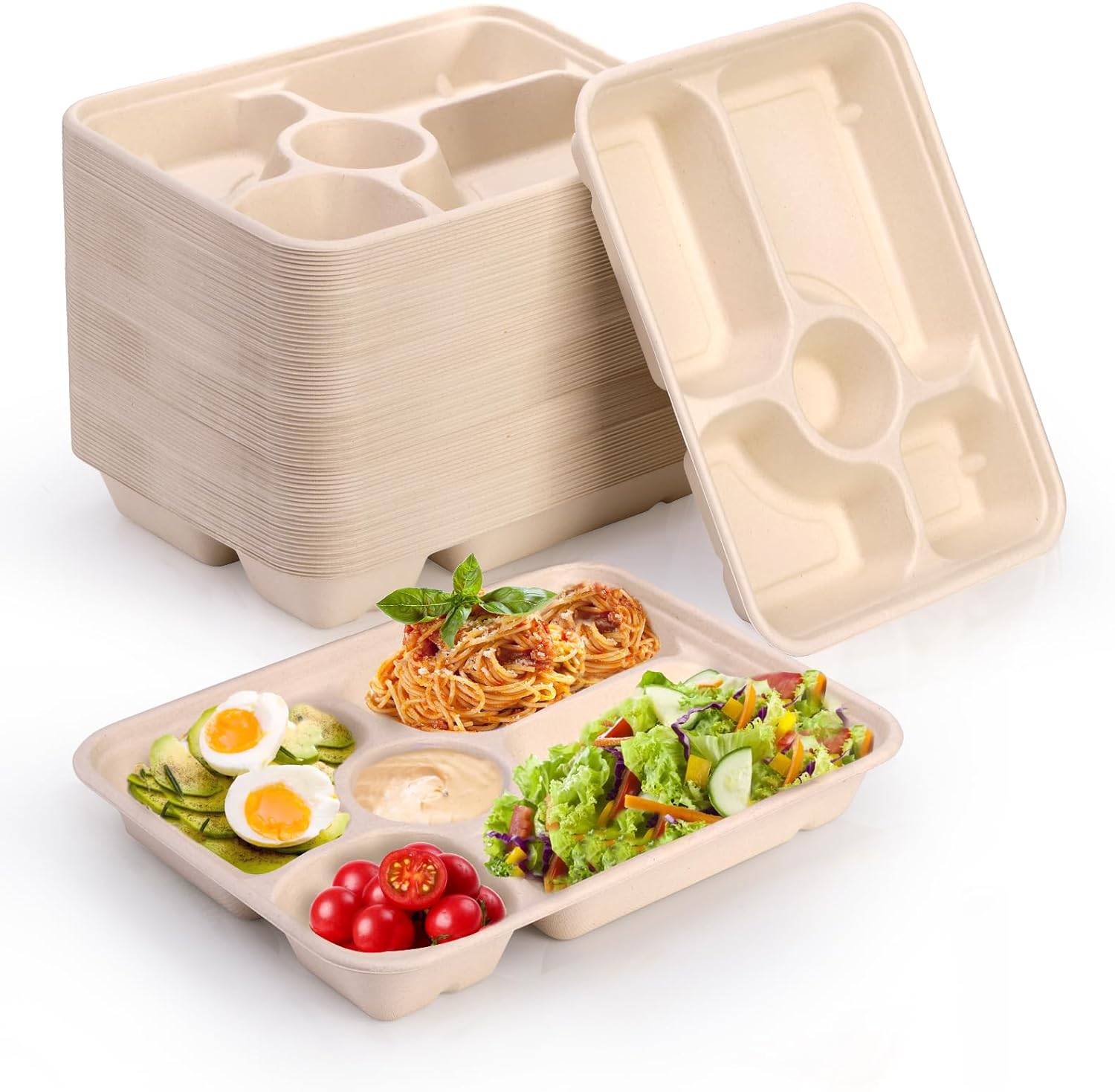 G71-3982A
G71-3982A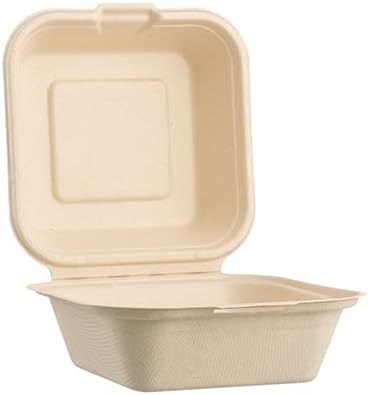 G22-0061A
G22-0061A Bagasse Food Plates
Bagasse Food Plates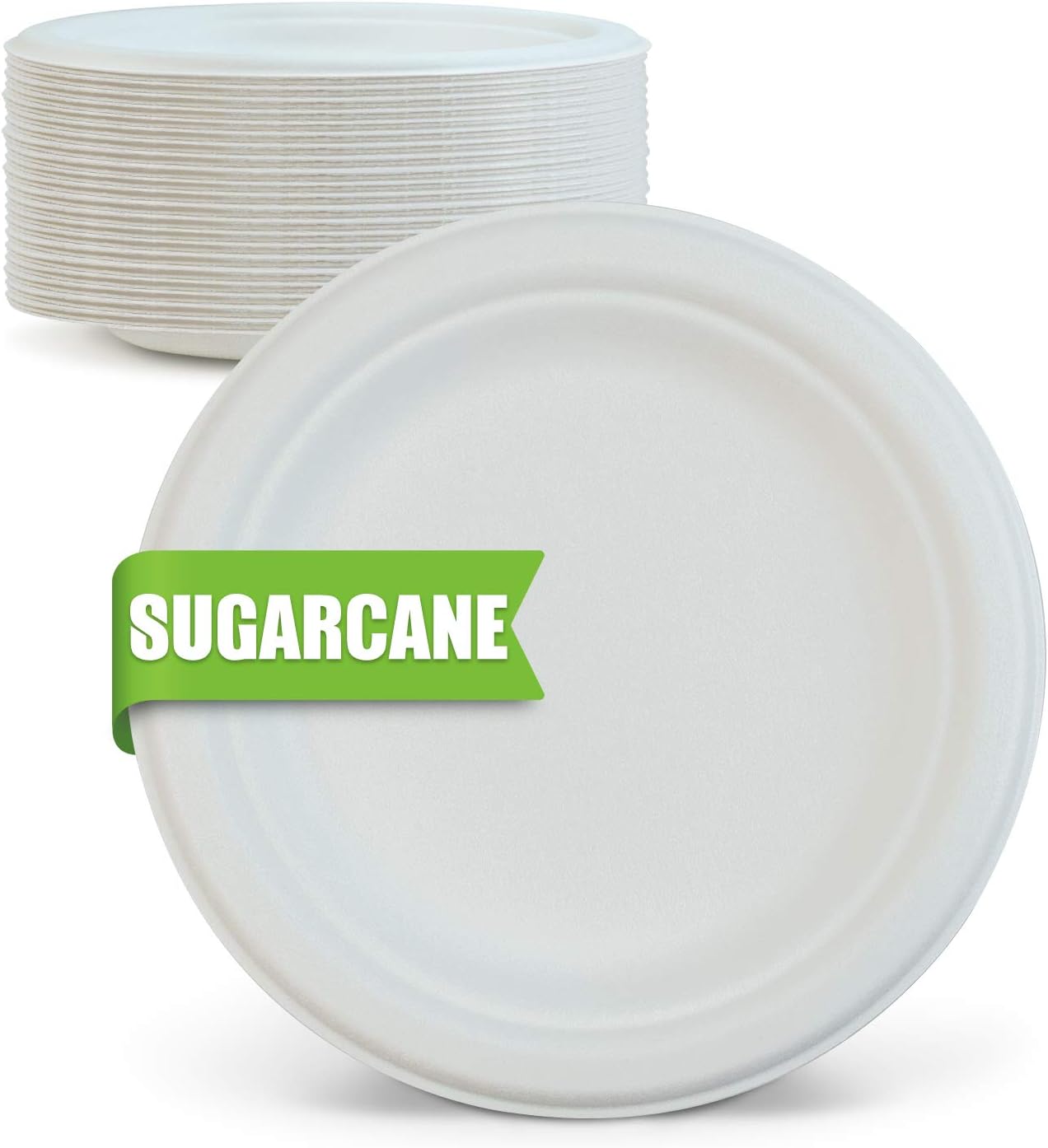 G51-0030A
G51-0030A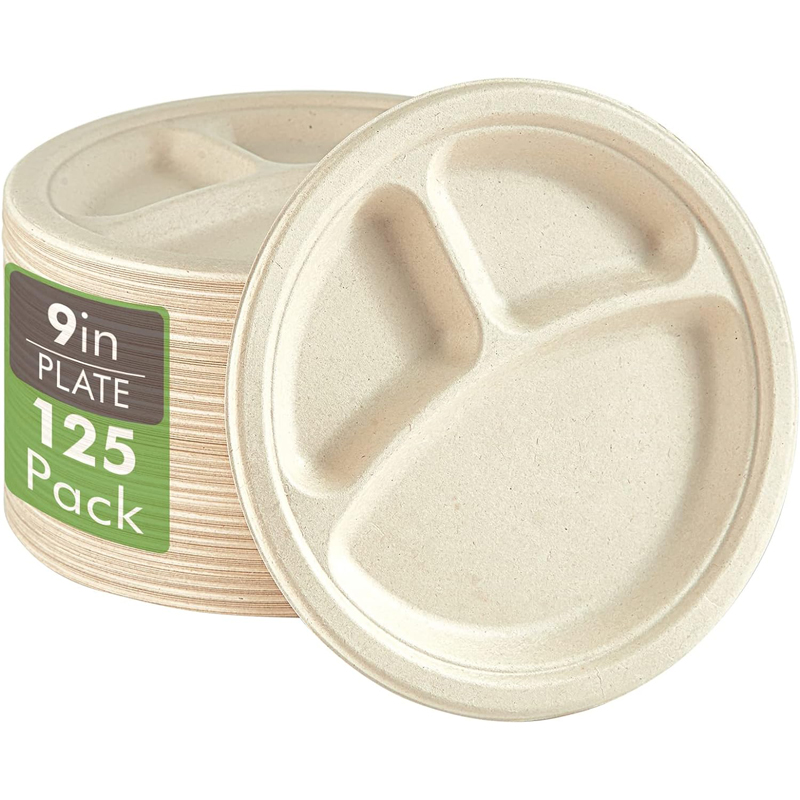 G51-0020A
G51-0020A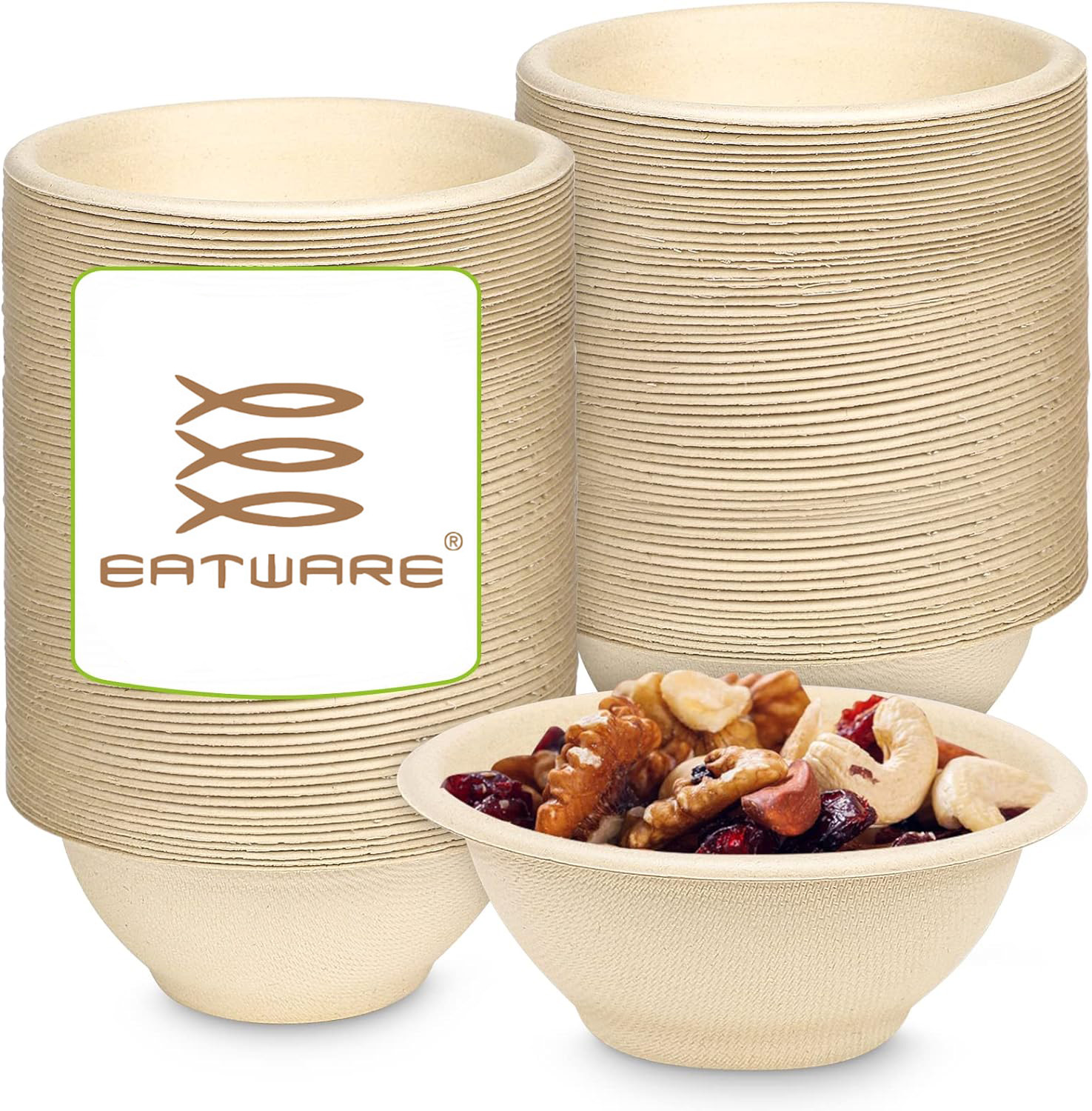 Bagasse Bowls
Bagasse Bowls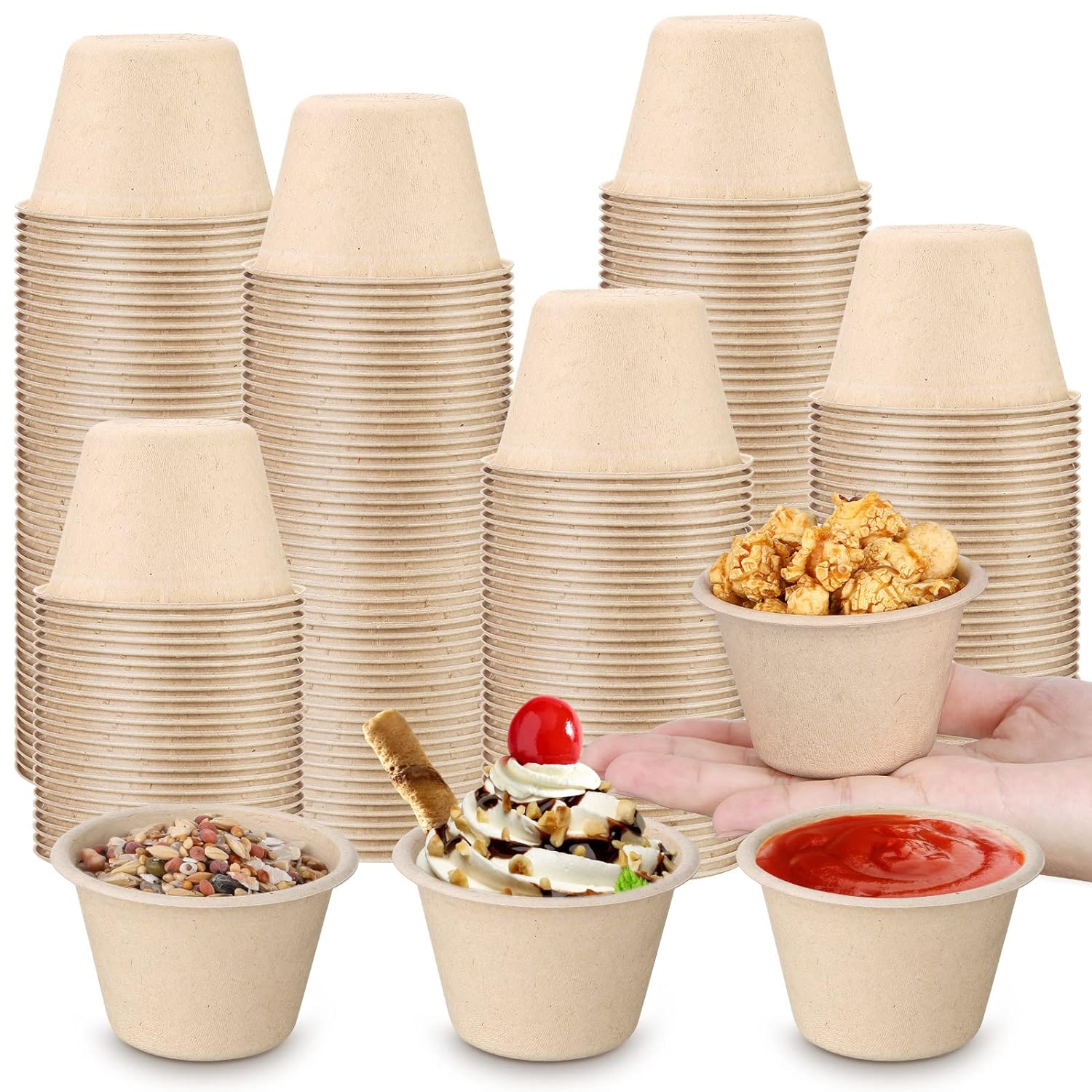 TM-C006
TM-C006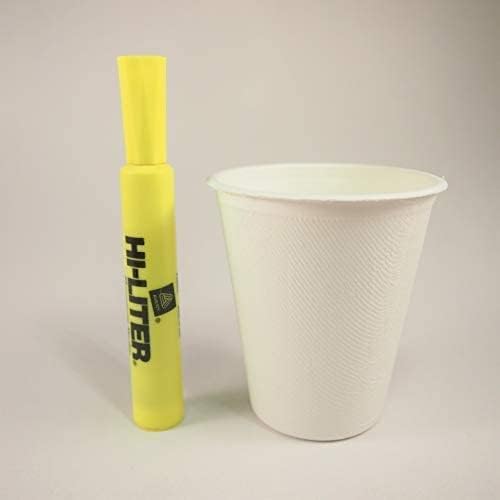 Bagasse Cups And Cutlery
Bagasse Cups And Cutlery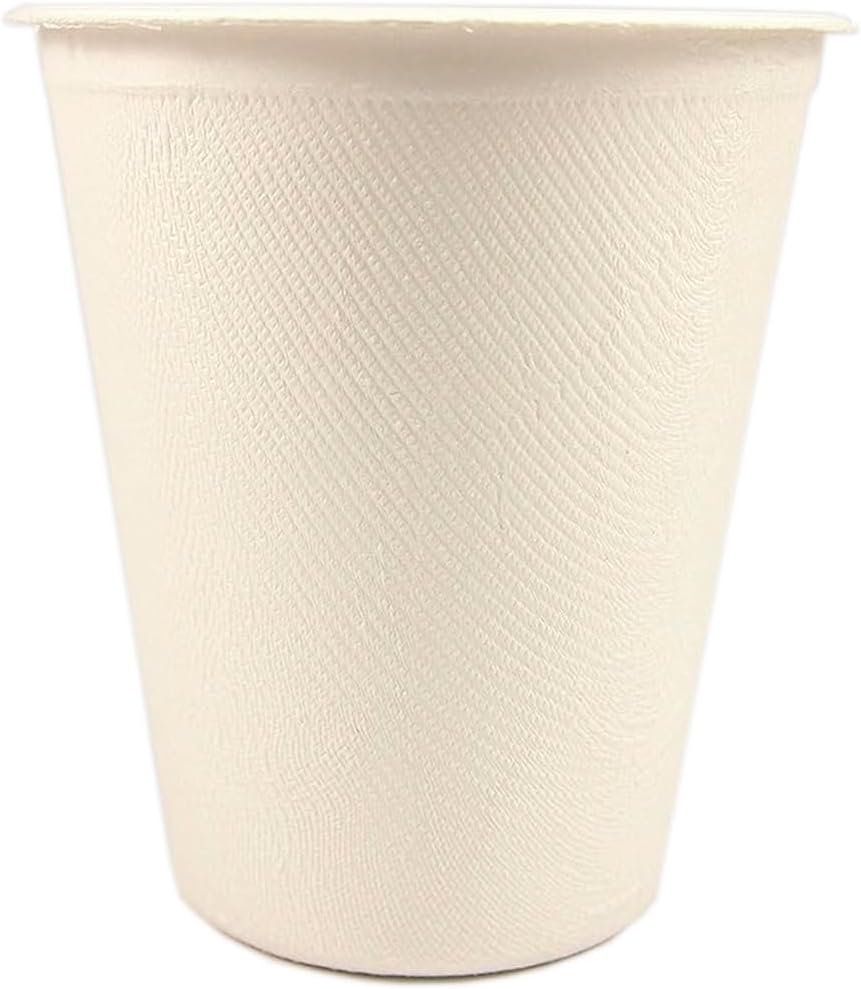 G11-0051A(W)
G11-0051A(W)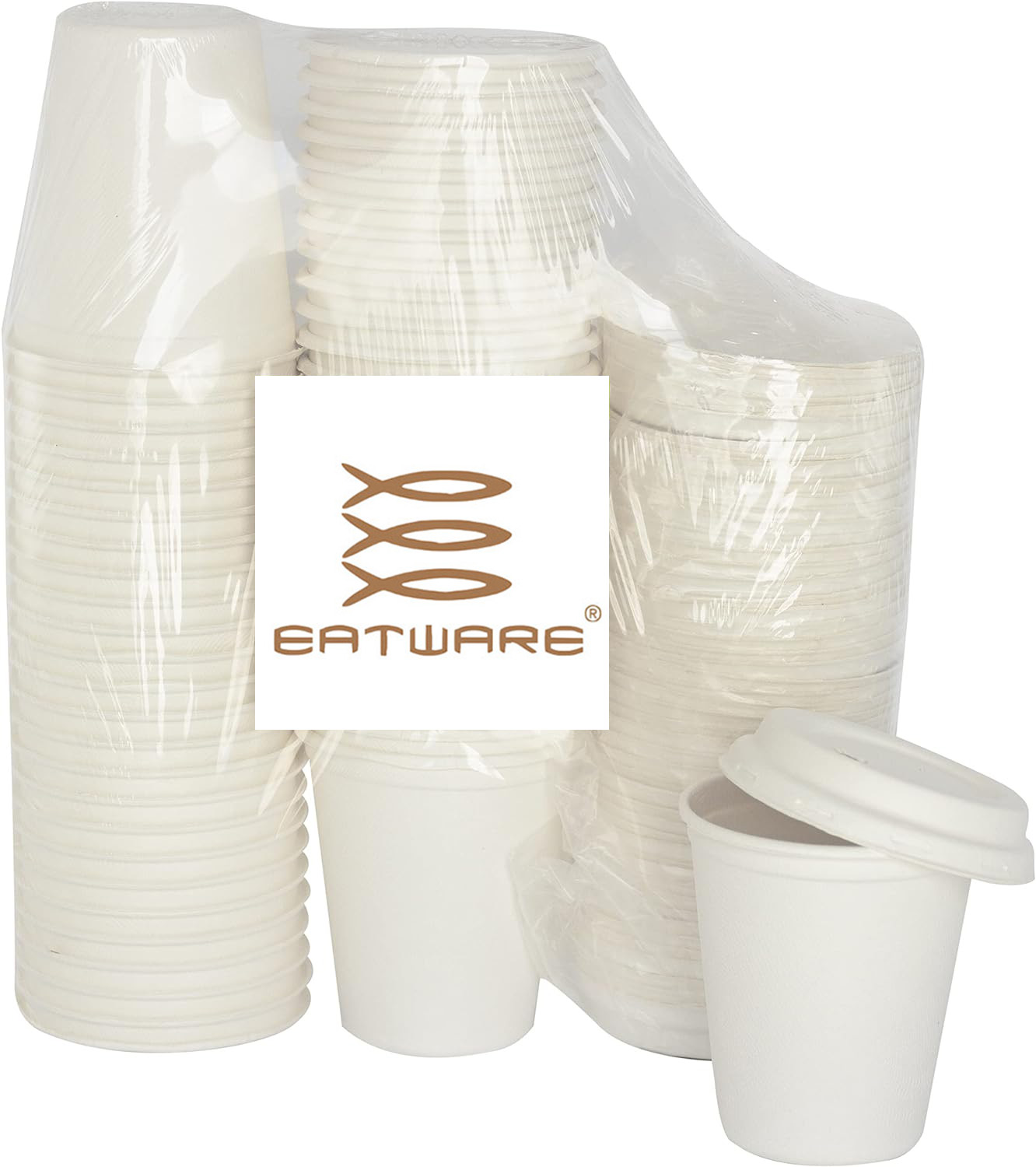 G11-0052A(W)
G11-0052A(W)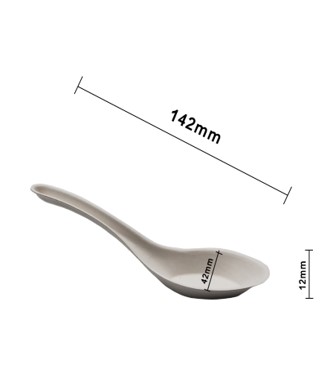 G01-0013D/C/S
G01-0013D/C/S


